
June 21
Hi friends, this week we will be talking about one of the most revered ingredients, Amla. This has its roots in Ayurveda and many other traditional systems of medicine. So friends let’s start with its history and importance.
History, Importance: The most revered medicinal berry in the entire subcontinent of India—Amla berry, or Emblica officinalis.
Folk tales often have a ring of truth, and this extraordinary legend could be seen as a way of conveying the remarkably varied, potent, broad-spectrum healing powers of the Amla which has been called as the remover of all diseases.
New research is backing up the folk medicine: peer review studies document Amla’s superb antioxidant ability, and sophisticated technologies are revealing the potency of its novel blend of molecules
From Texts of Ayurveda
Amla or Amalaki can be said as the most used Ayurvedic ingredient. It is both a food & medicine.
As per Ayurveda, it helps in balancing of Tridoshas – vata, pitta and kapha.
It is a unique ingredient which is extensively used in medicines, foods and cosmetics alike.
Some of the famous ayurvedic preparations containing amla are Triphala, Chyavanprash, Nishamalaki, Mhari choorna etc.
Health Benefits of Amla
Helps improve immune function
Enhances liver health
Promotes heart health
Helps in hair growth
Supports healthy digestion
Improves kidney health
Amla for Antioxidant support
Amla fruit is a rich source of Vitamin C and contains different polyphenols such as ellagic acid, gallic acid, apigenin, quercetin, luteolin, and corilagin, gallic acid, apigenin, quercetin, luteolin, and corilagin. Amla berries also include several flavonols, chemicals that have been linked to benefits like improved memory.
In screening tests, amla (Berry) emerges with a very potent and powerful antioxidant effect with an ORAC value of 261,500 per 100 grams.
Various areas where Amla can be used
1. Amla for Diabetes: Traditionally Amla has been used in many classical recipes of Ayurveda which are very well known in management of Diabetes. One of such preparation is Nishamlaki. The powerful antioxidant property of Amla helps in reversing the effects caused by free radicals and the effects of oxidative stress. This antioxidant effect of amla helps in maintaining a healthy pancreas which in turn helps in regulating the blood sugar levels.
2. Amla for Hypertension: Amla is known to be a cardio protective owing to its astringent properties and can strengthen the cardiac tissue. It has antiatherogenic, antihypertensive, anti-inflammatory, antioxidant, antiplatelet, vasodilator, and lipid deposition inhibitory effects. Moreover, it improves vascular endothelial function.
3. Amla for Better Gut health: Amla is known to have sufficient quantity of soluble dietary fibers and these fibers have a role in regulating bowel movements. Combined with the ascorbic acid present in it, it helps in absorption of good amounts of essential nutrient.
4. Amla for Brain Health: Antioxidants and Phytonutrients in Amla fight against the free radicals that can attack and damage the brain cells. Vitamin C in amla helps in producing a neurotransmitter called norepinephrine which is believed to improve the brain function.
Also, it is one of the ingredients in the women wellness drink, iCare which might be helpful in managing stress and anxiety.
In the next episode we will come back to you with much more information on Amla. Till then, take care!







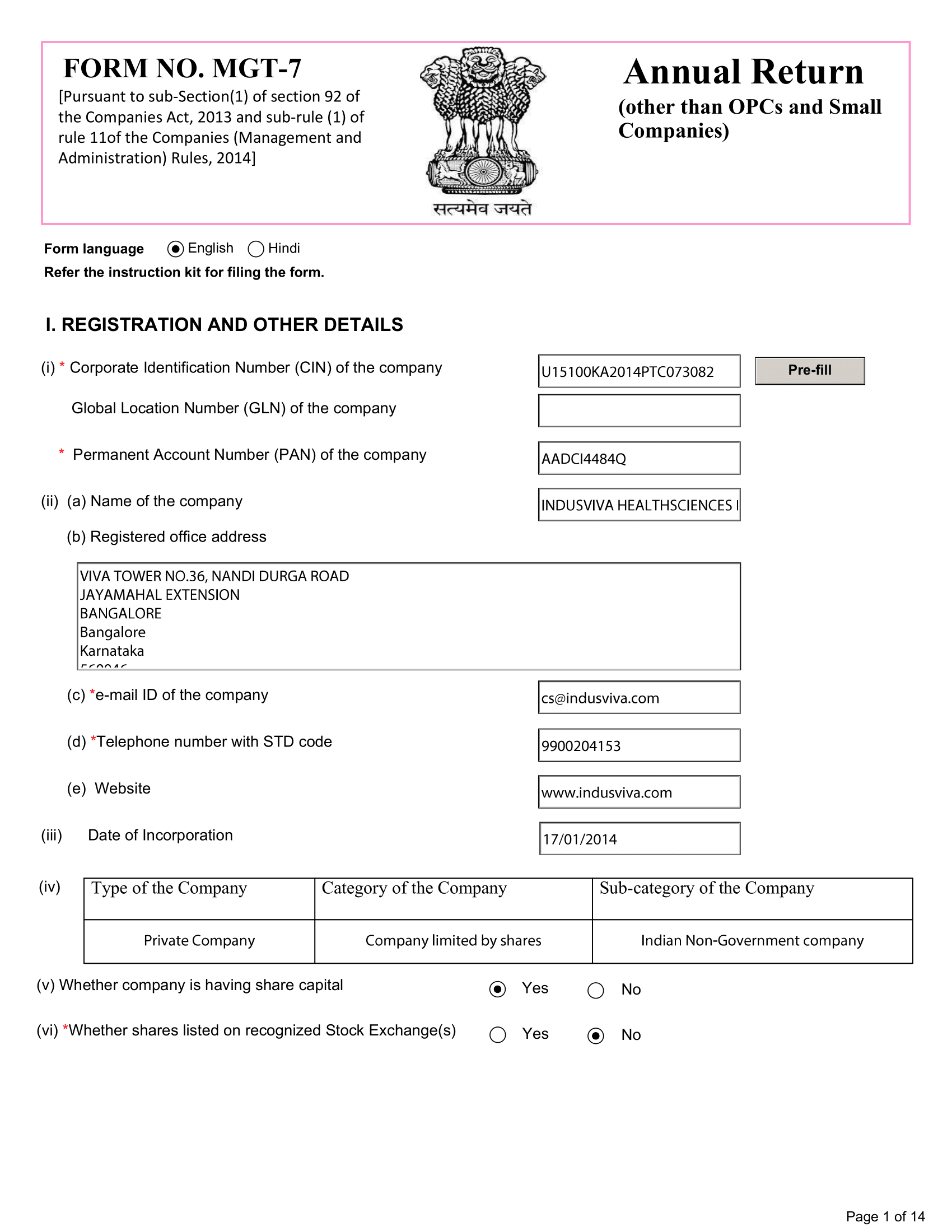

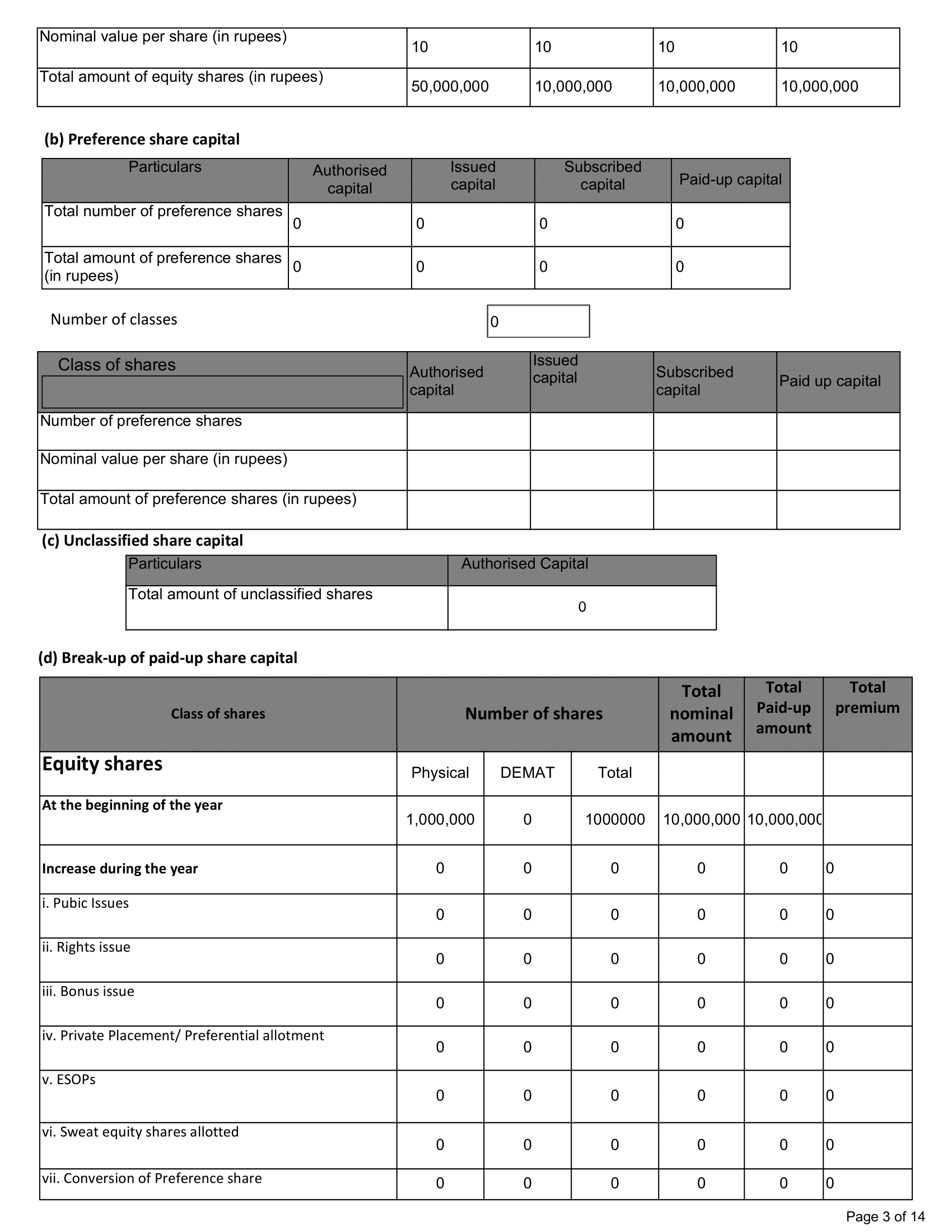
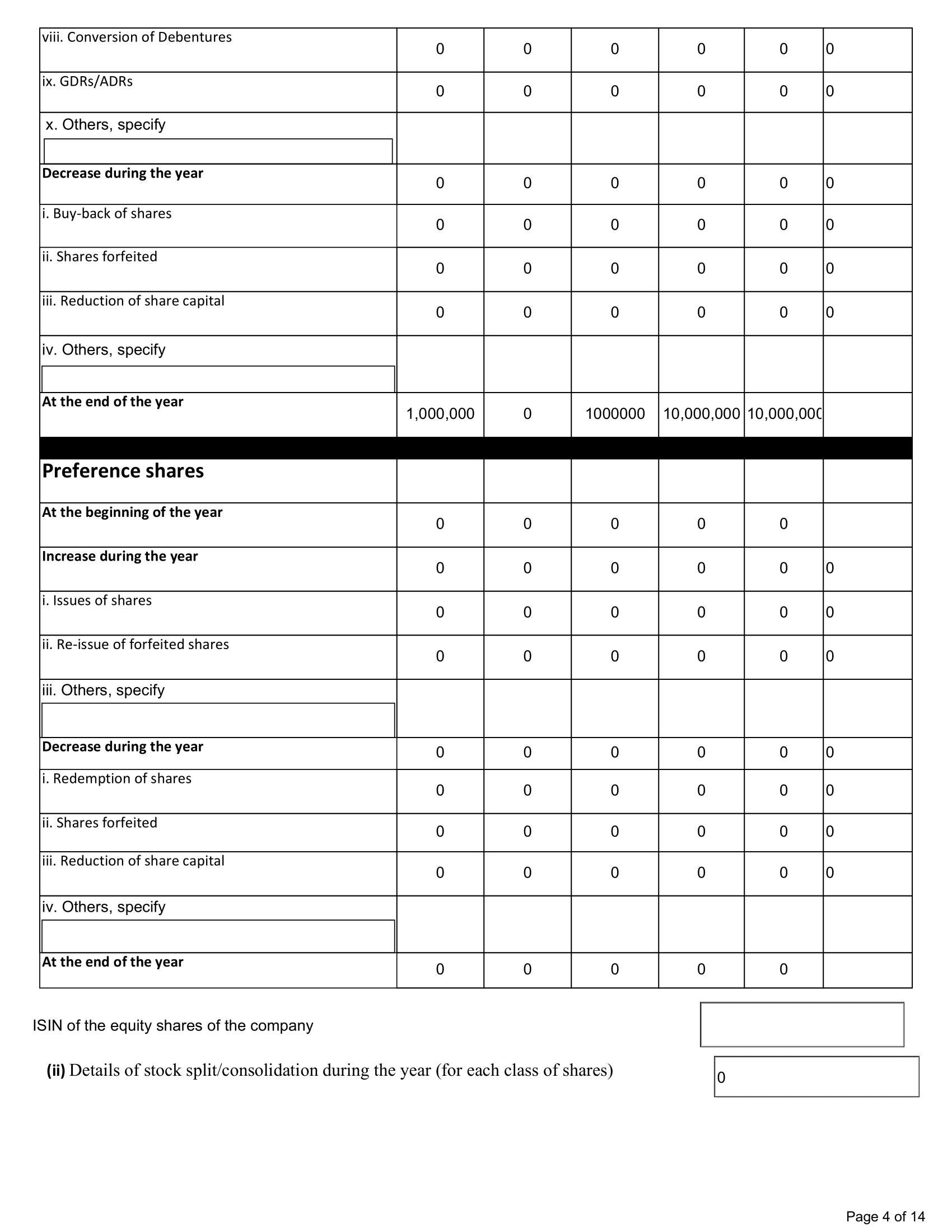

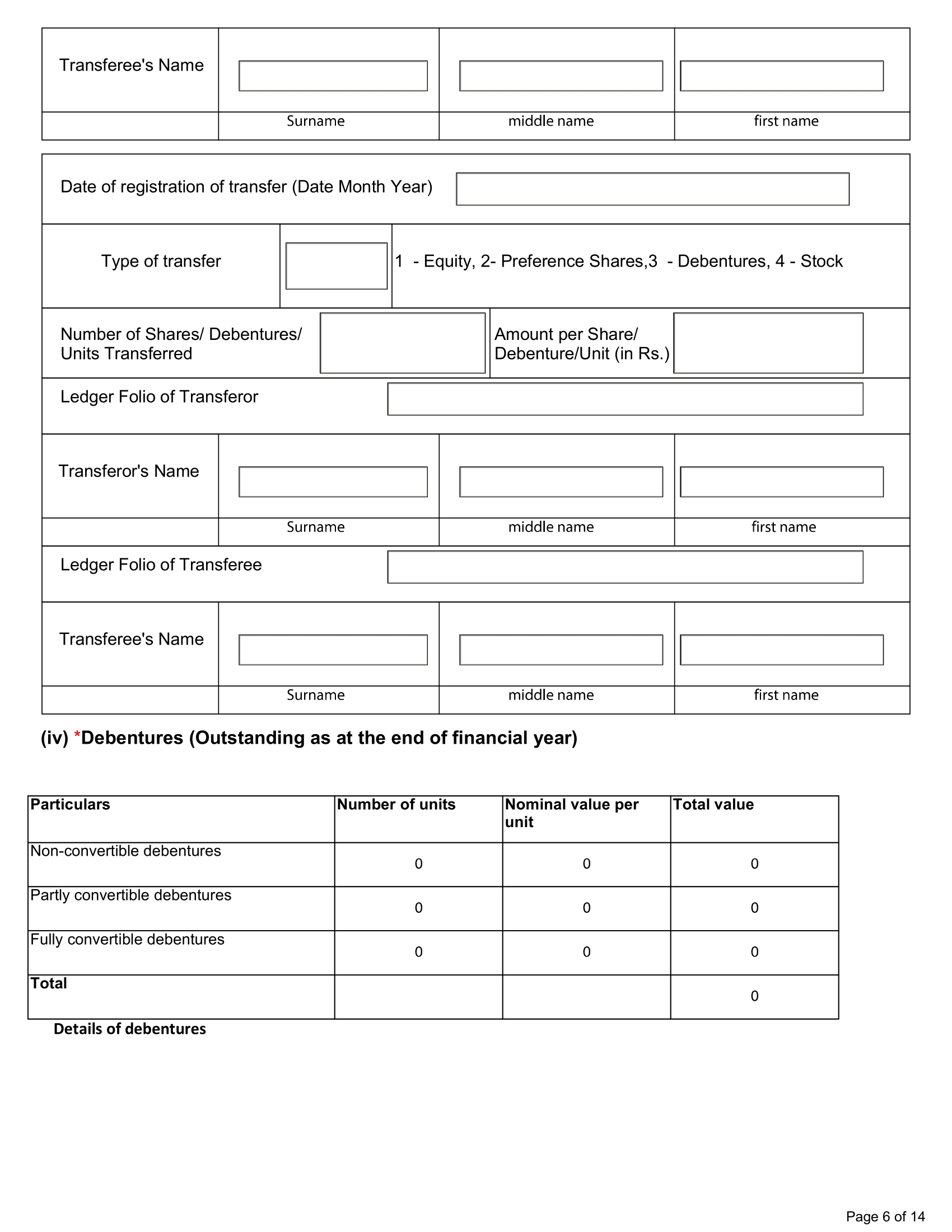

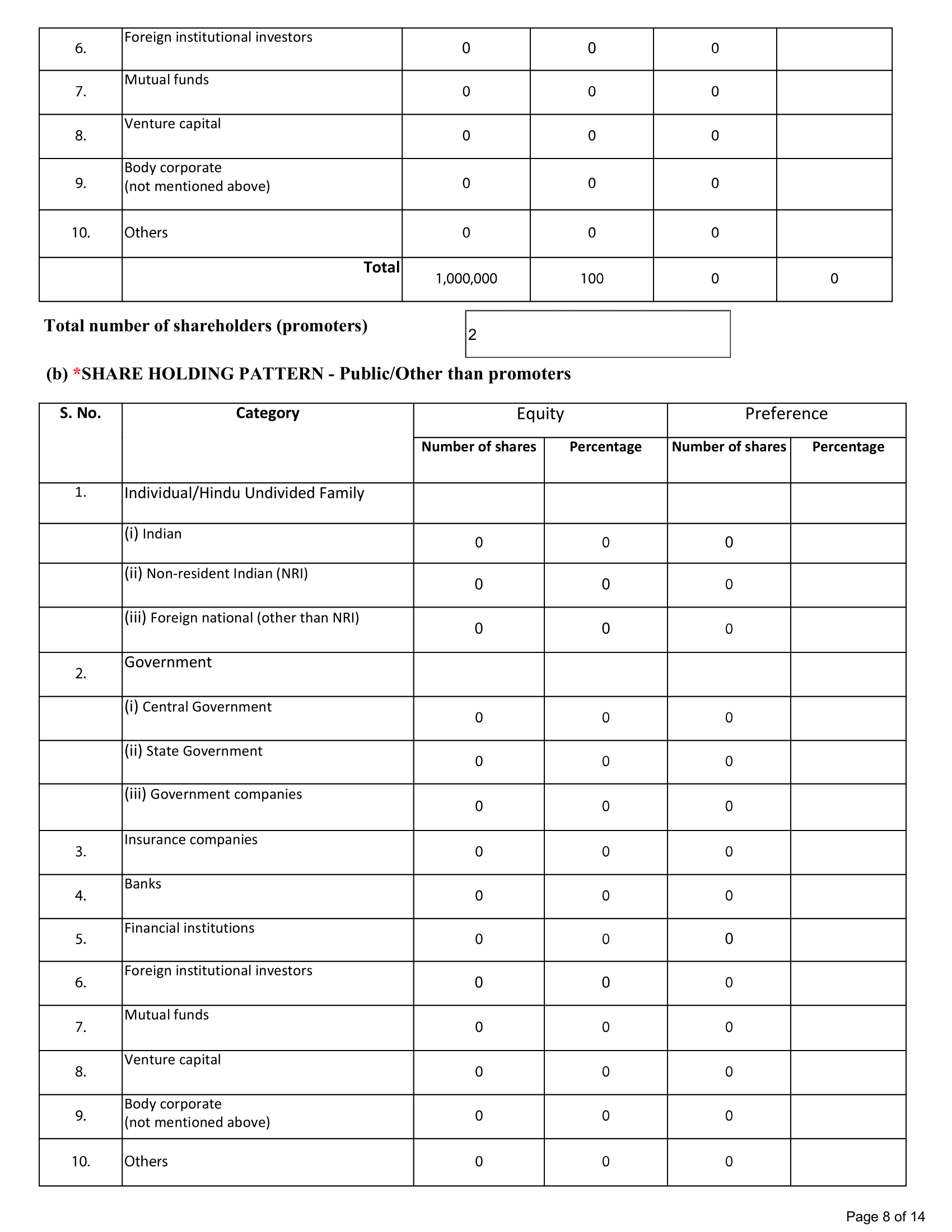
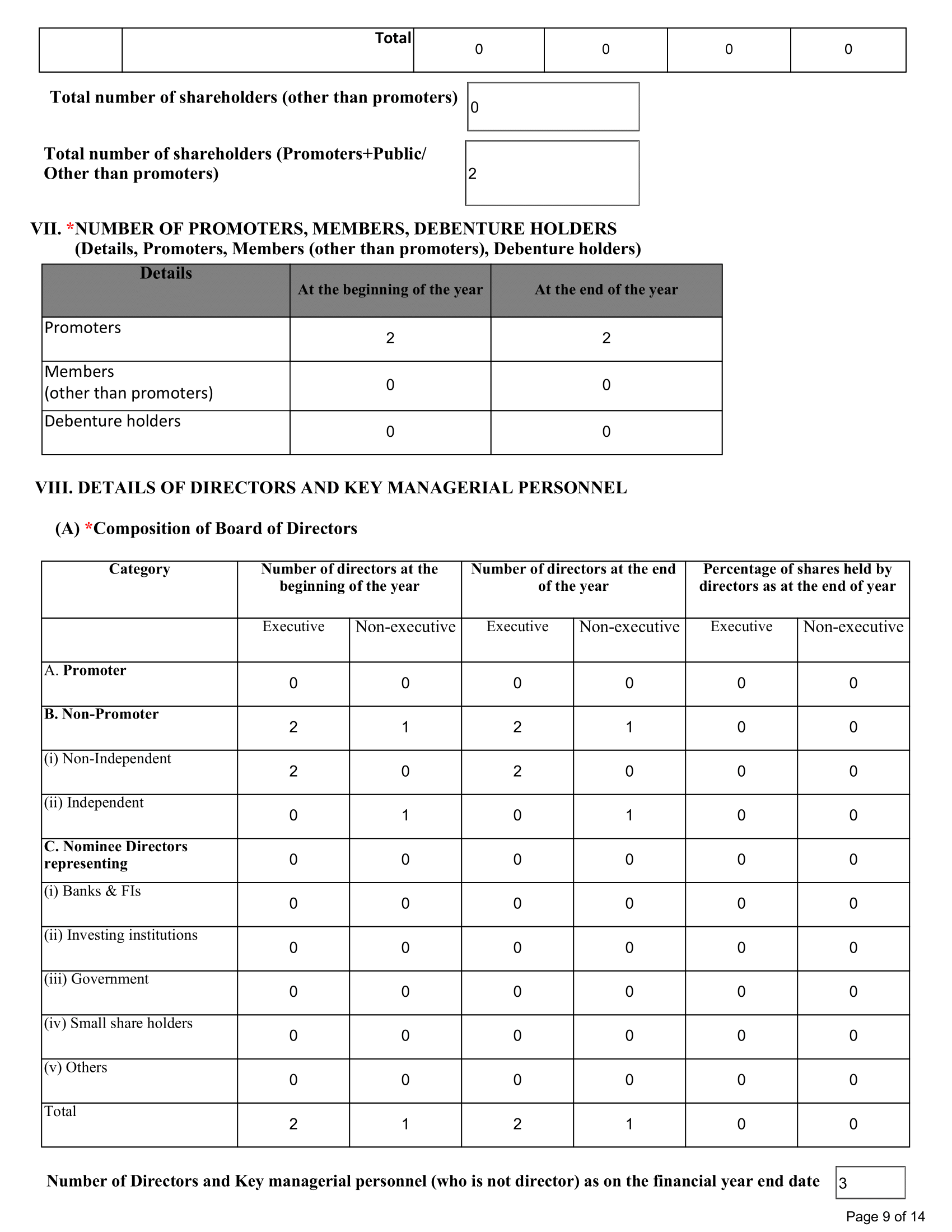

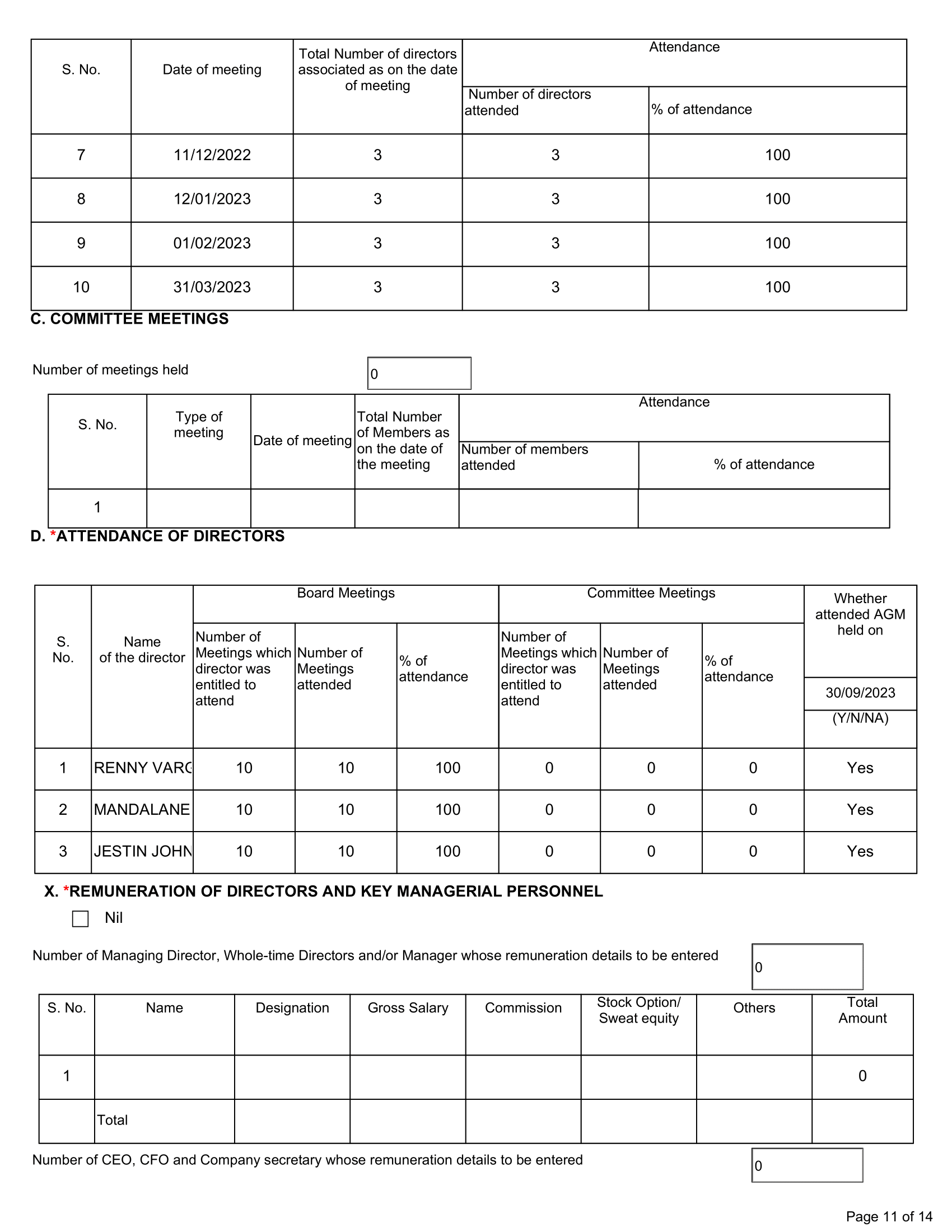

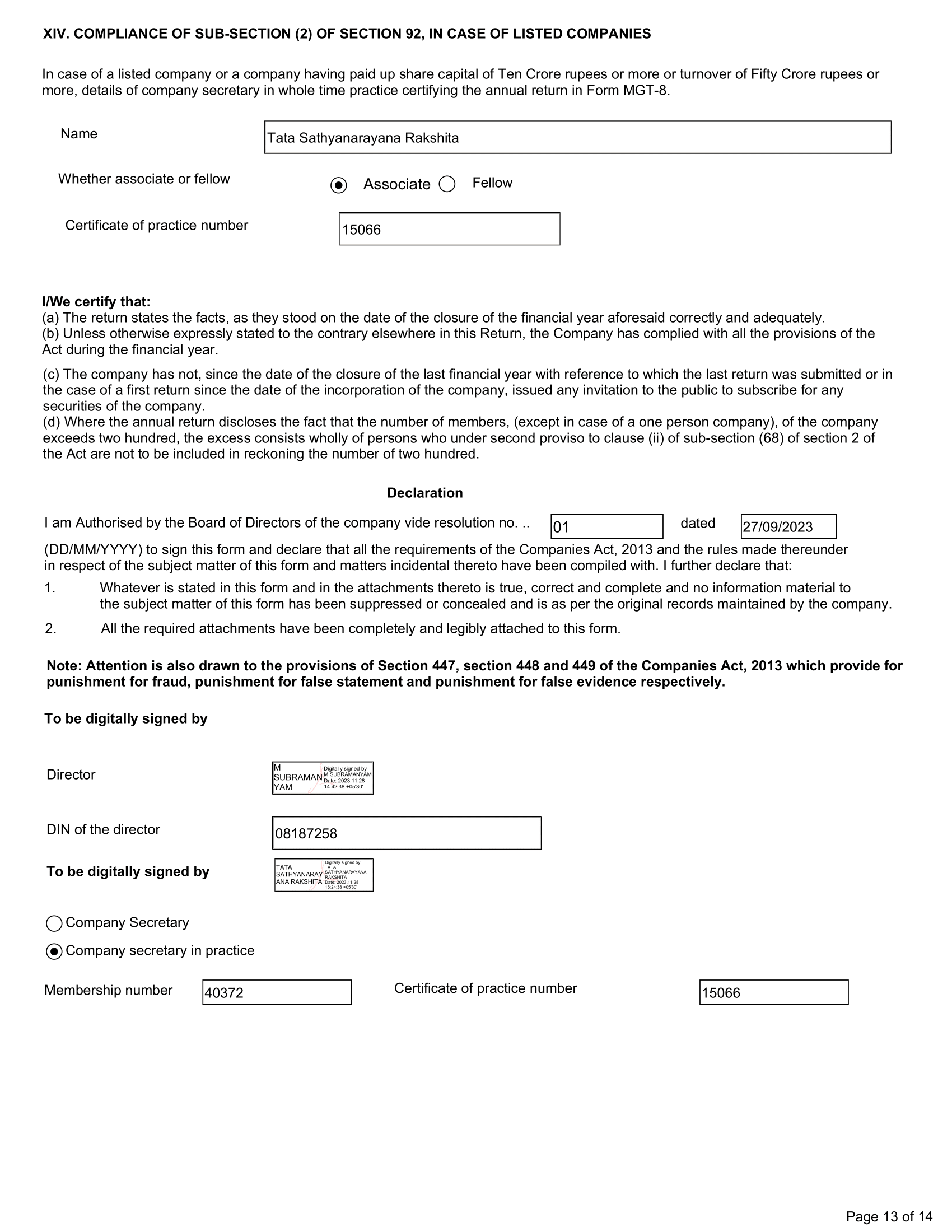
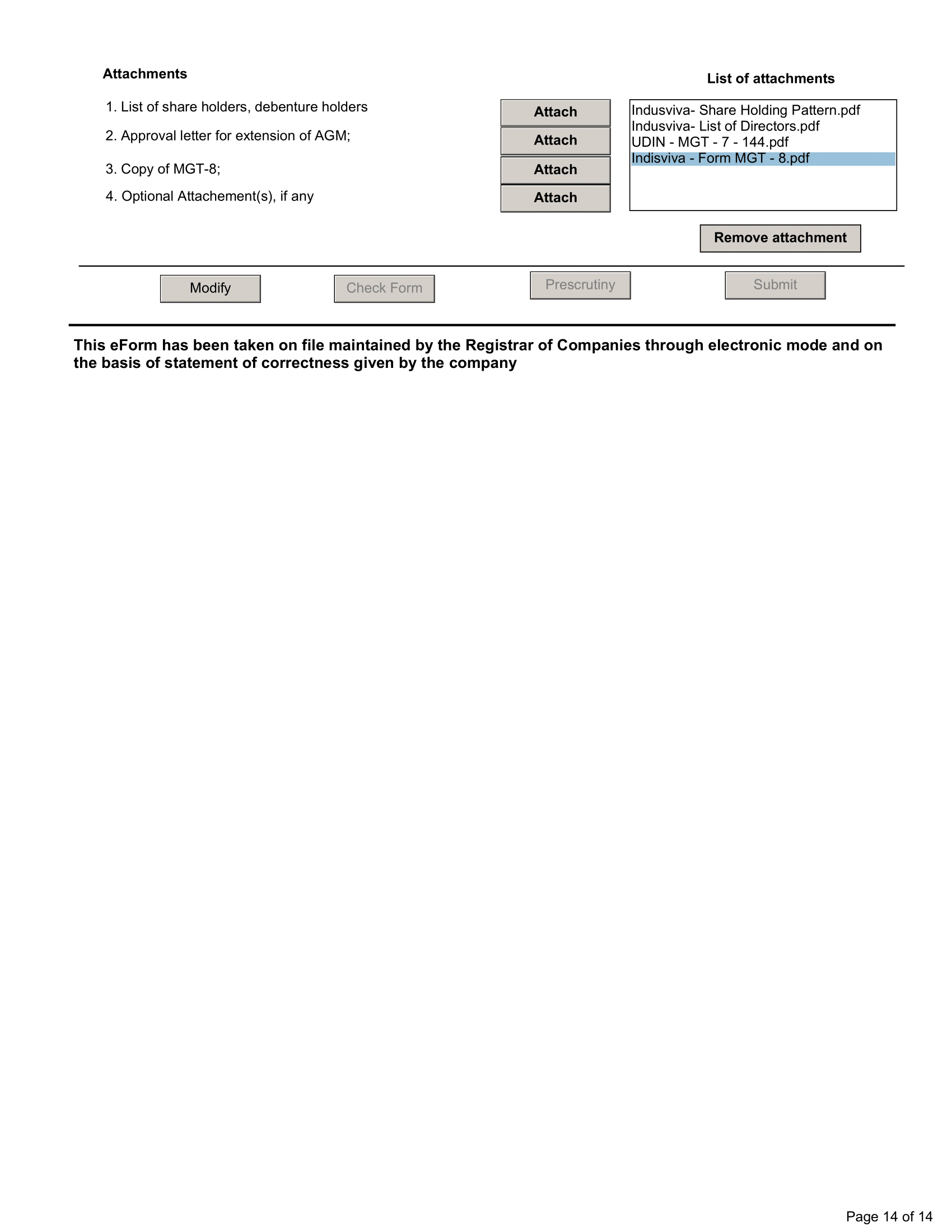
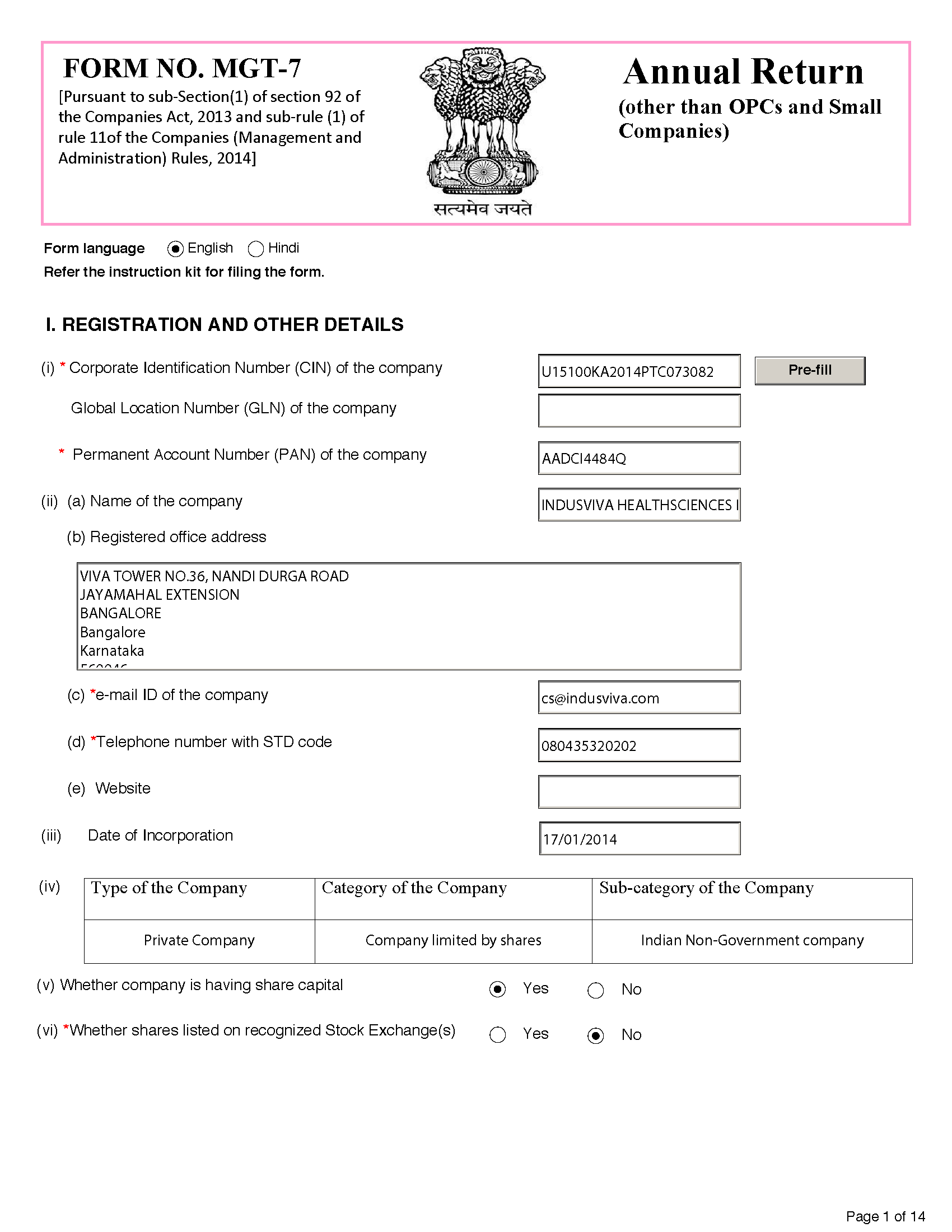

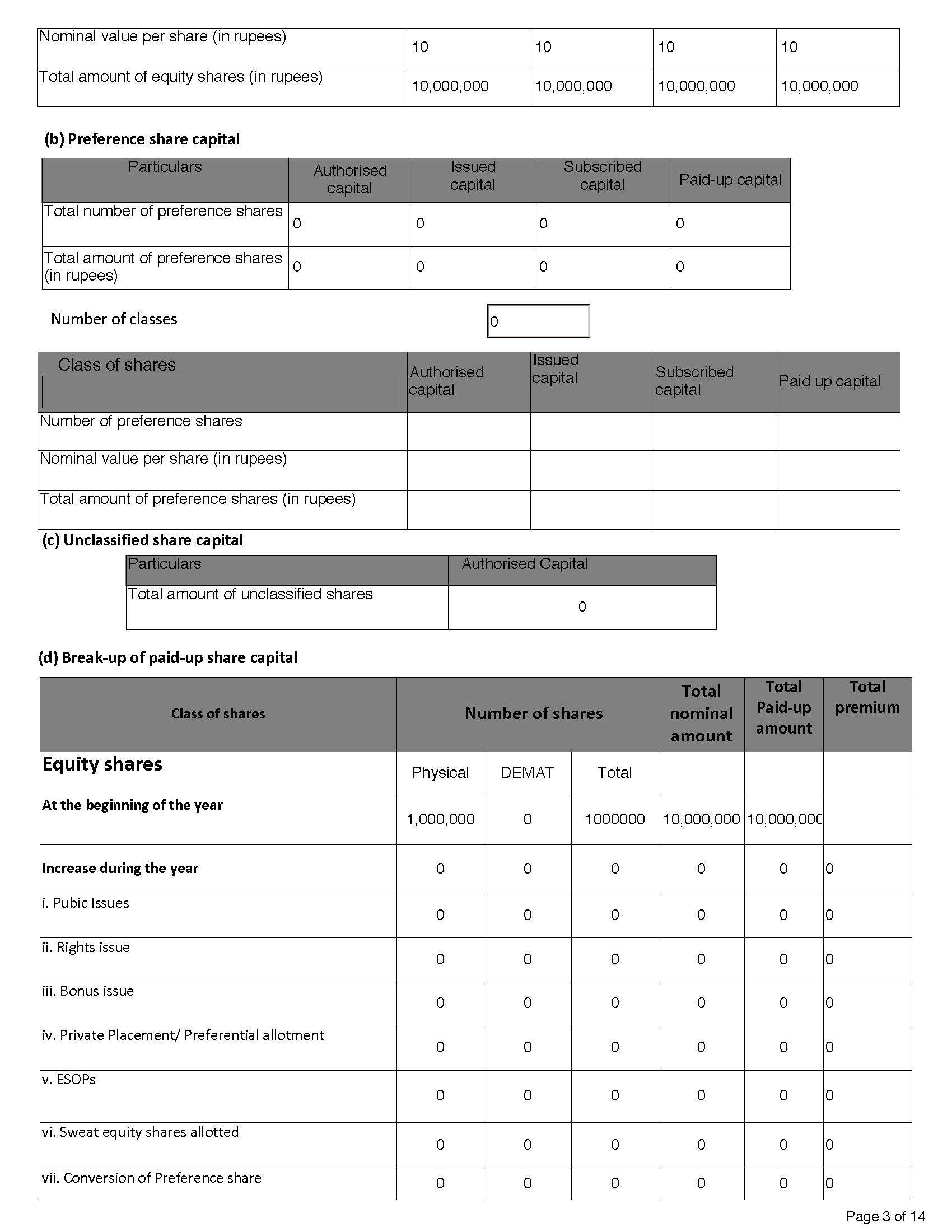
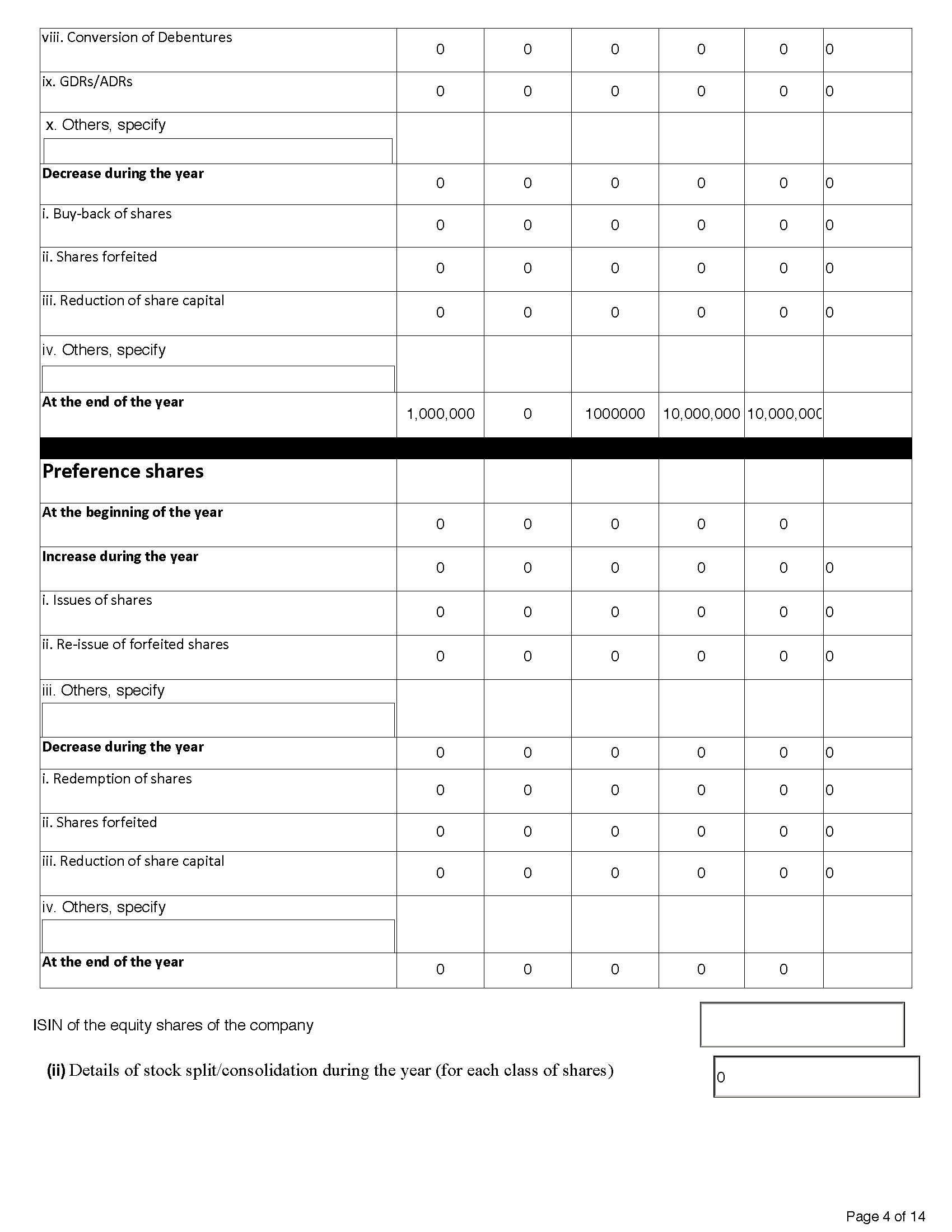
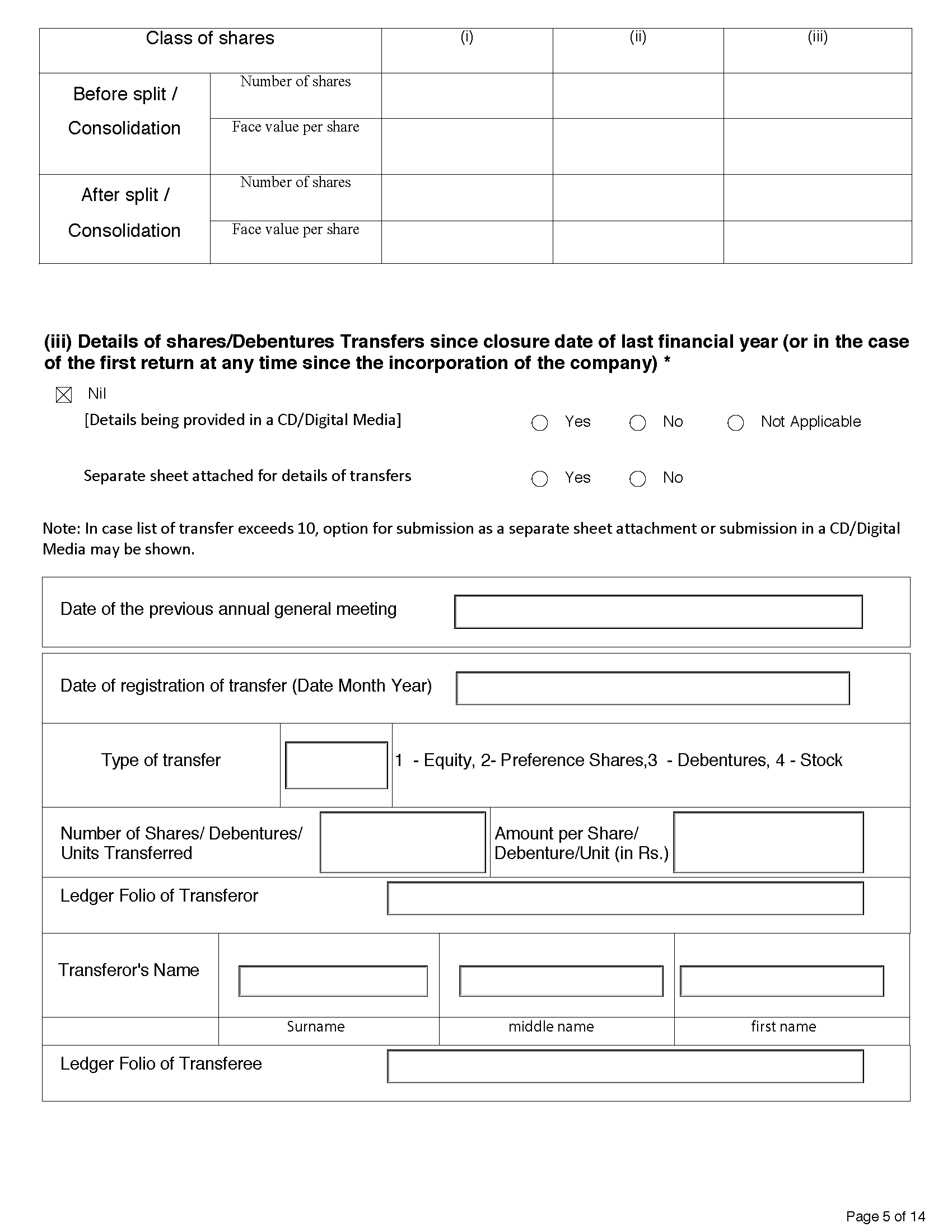
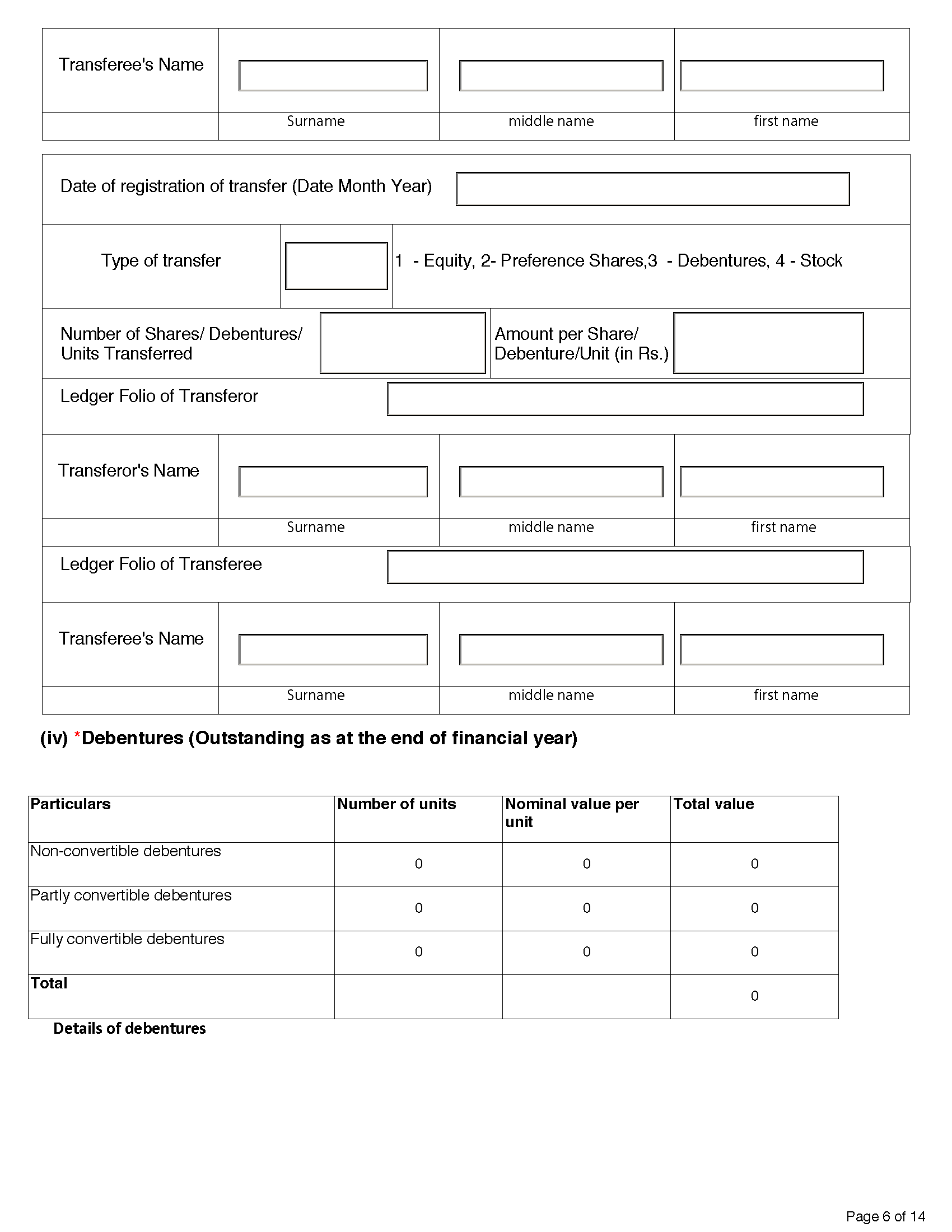
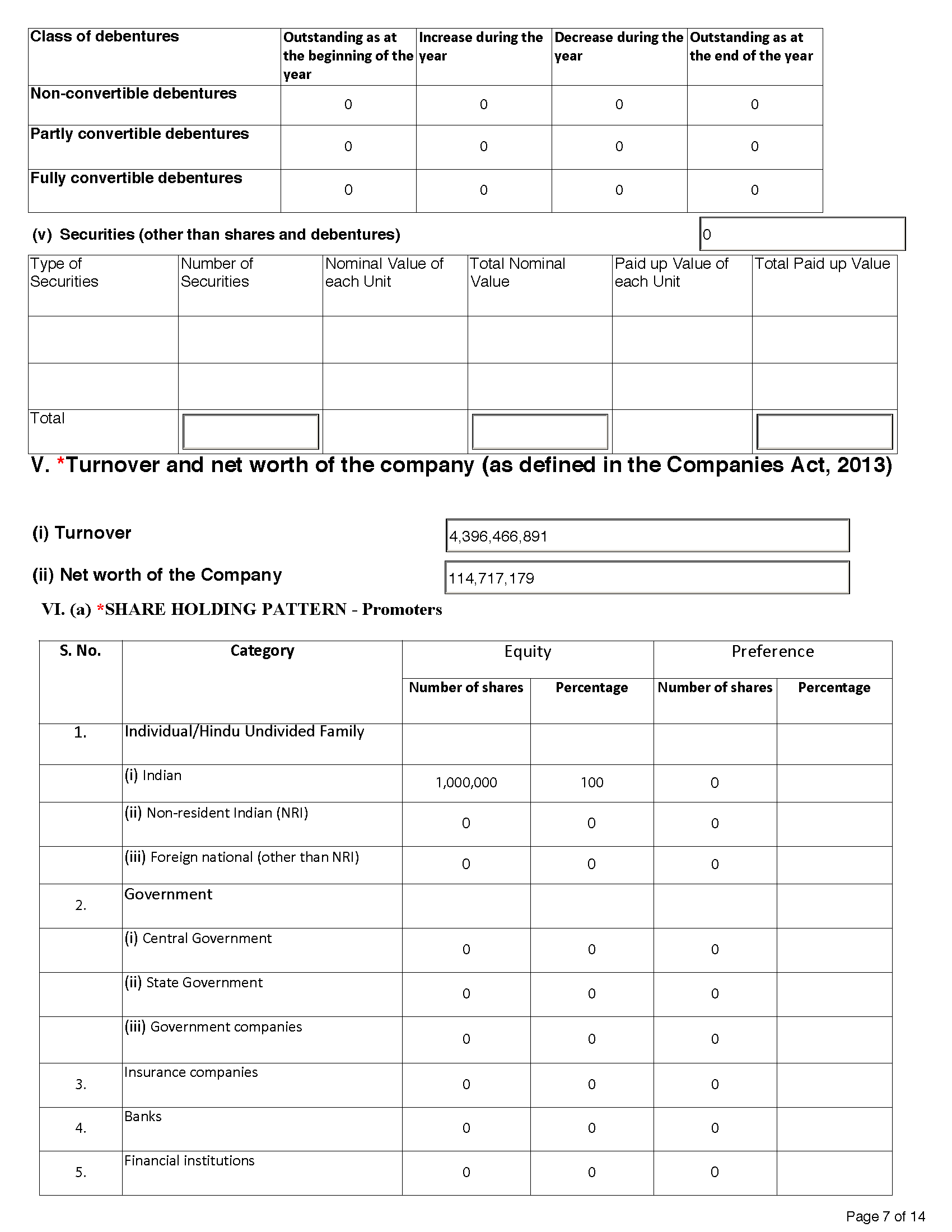

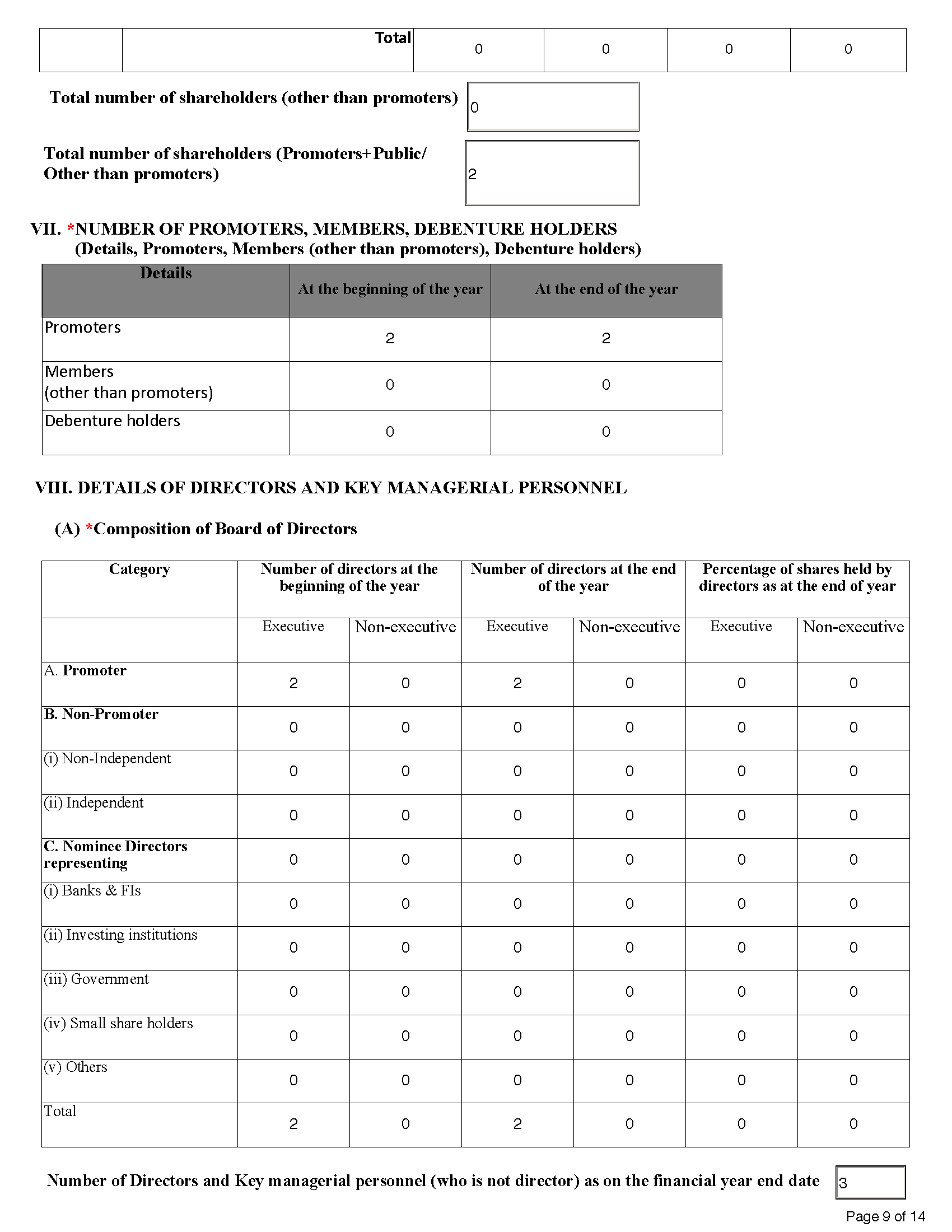


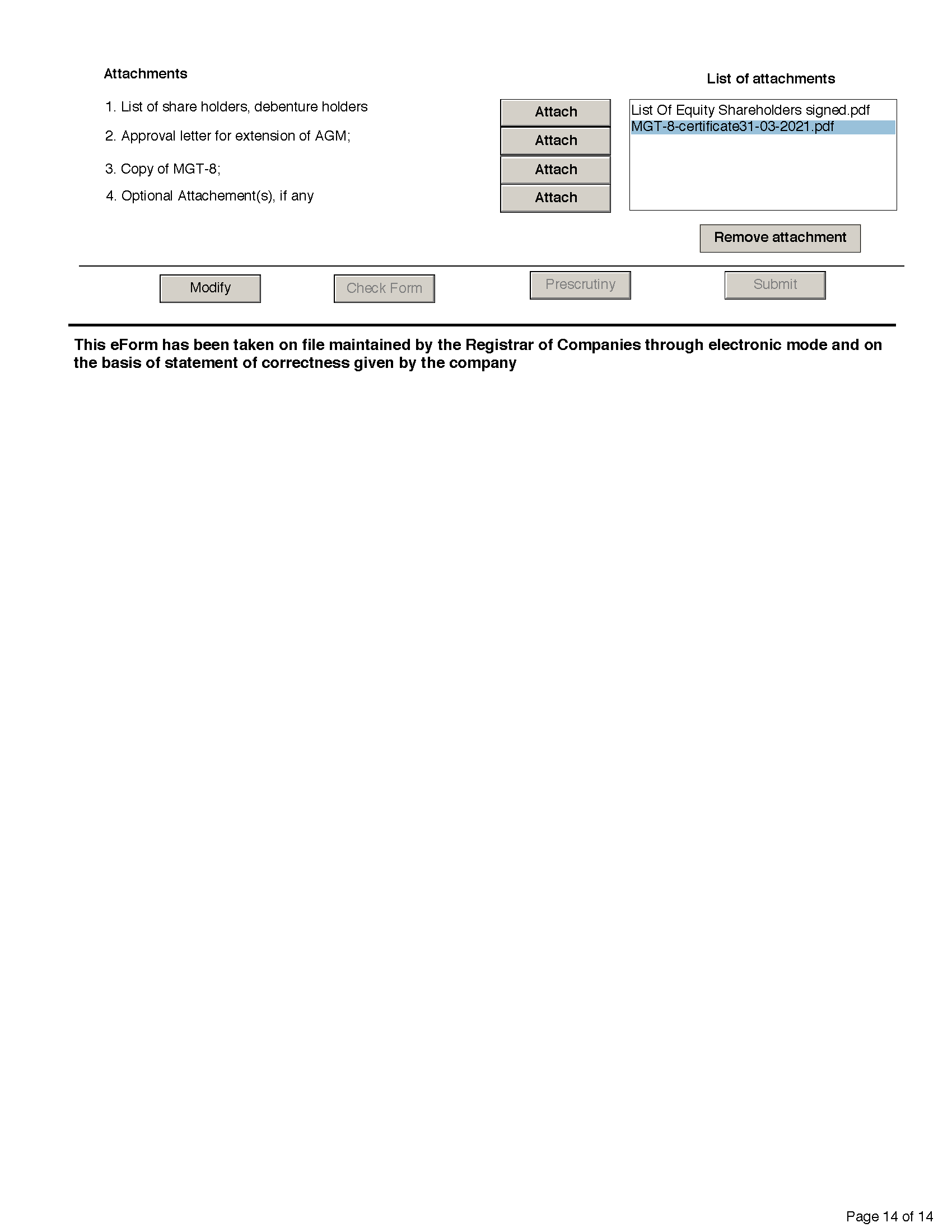


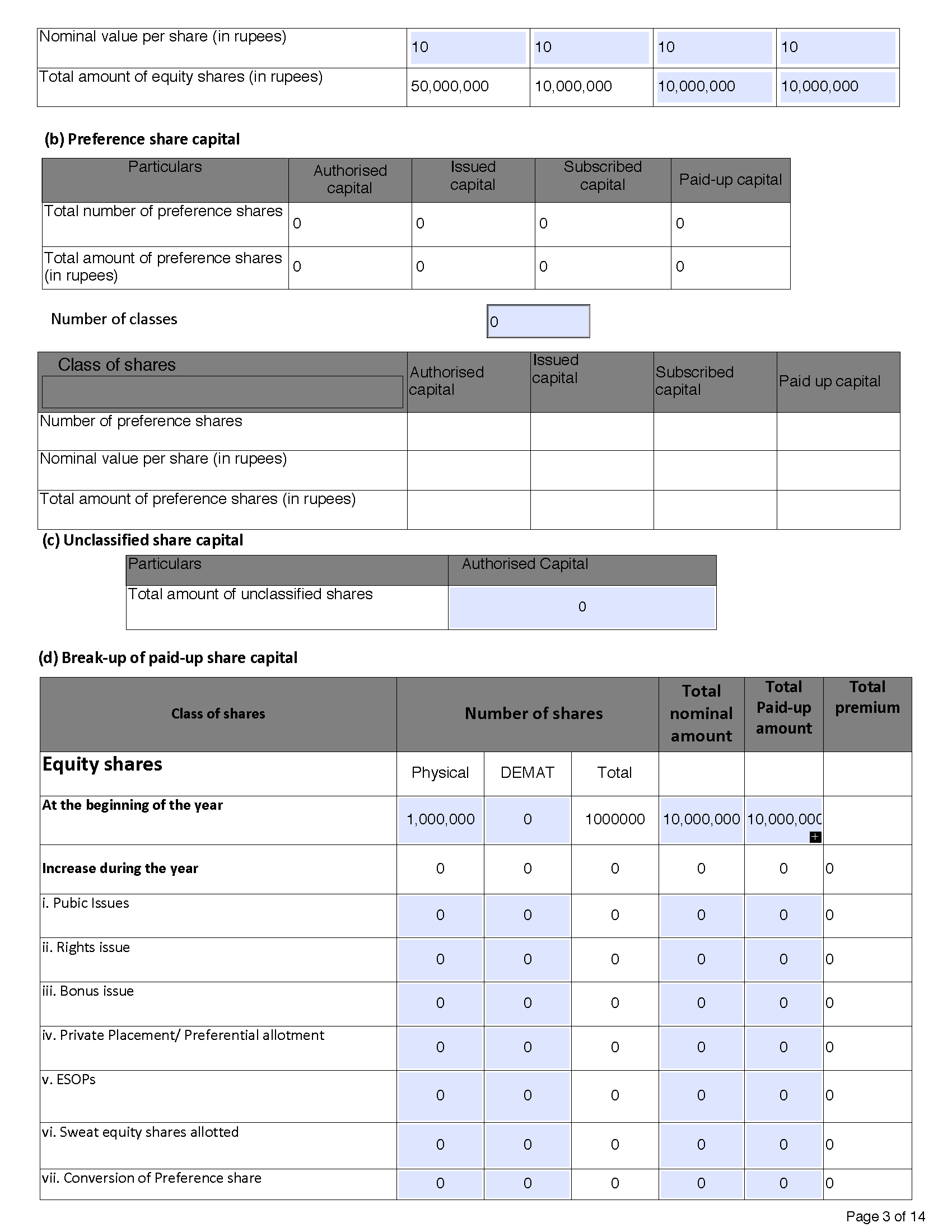

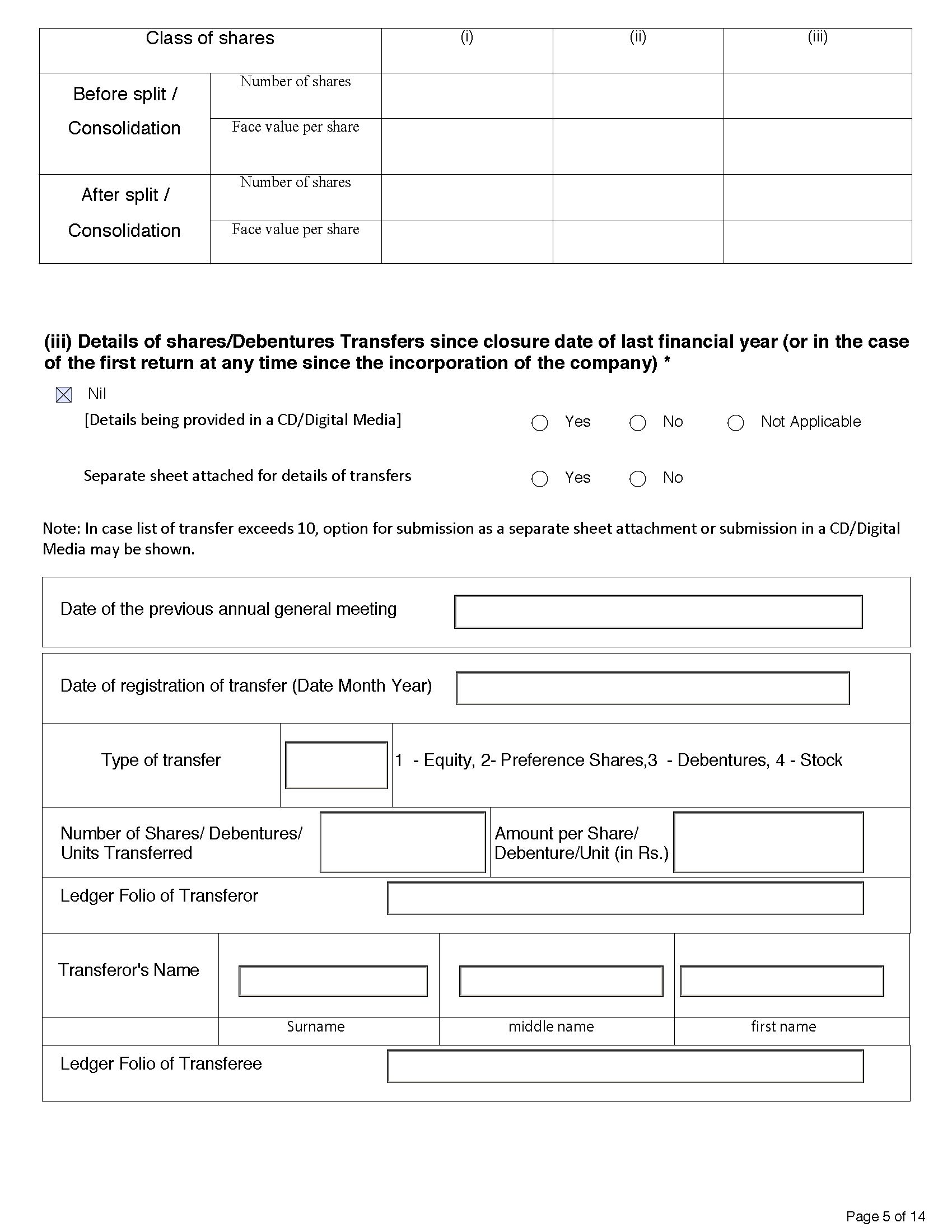
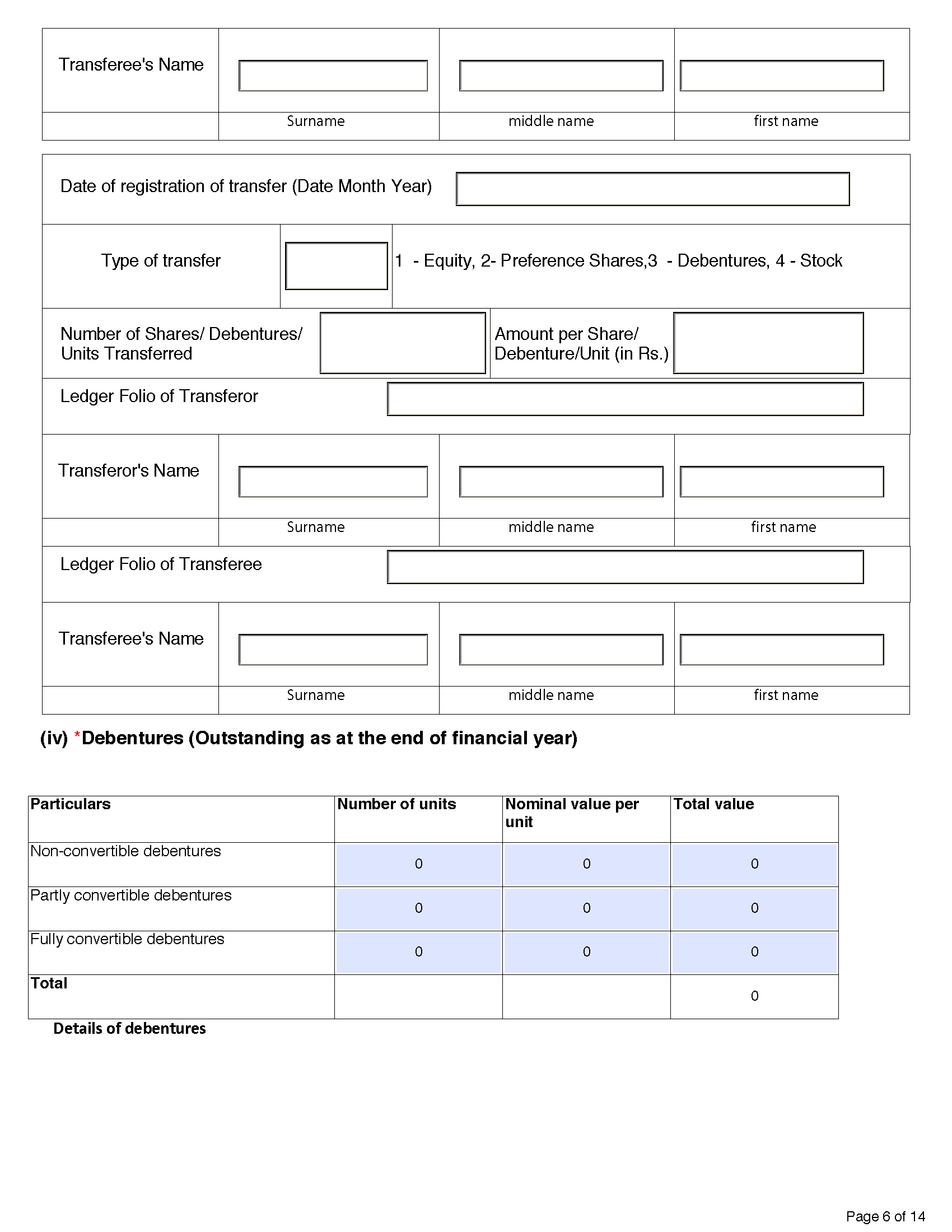

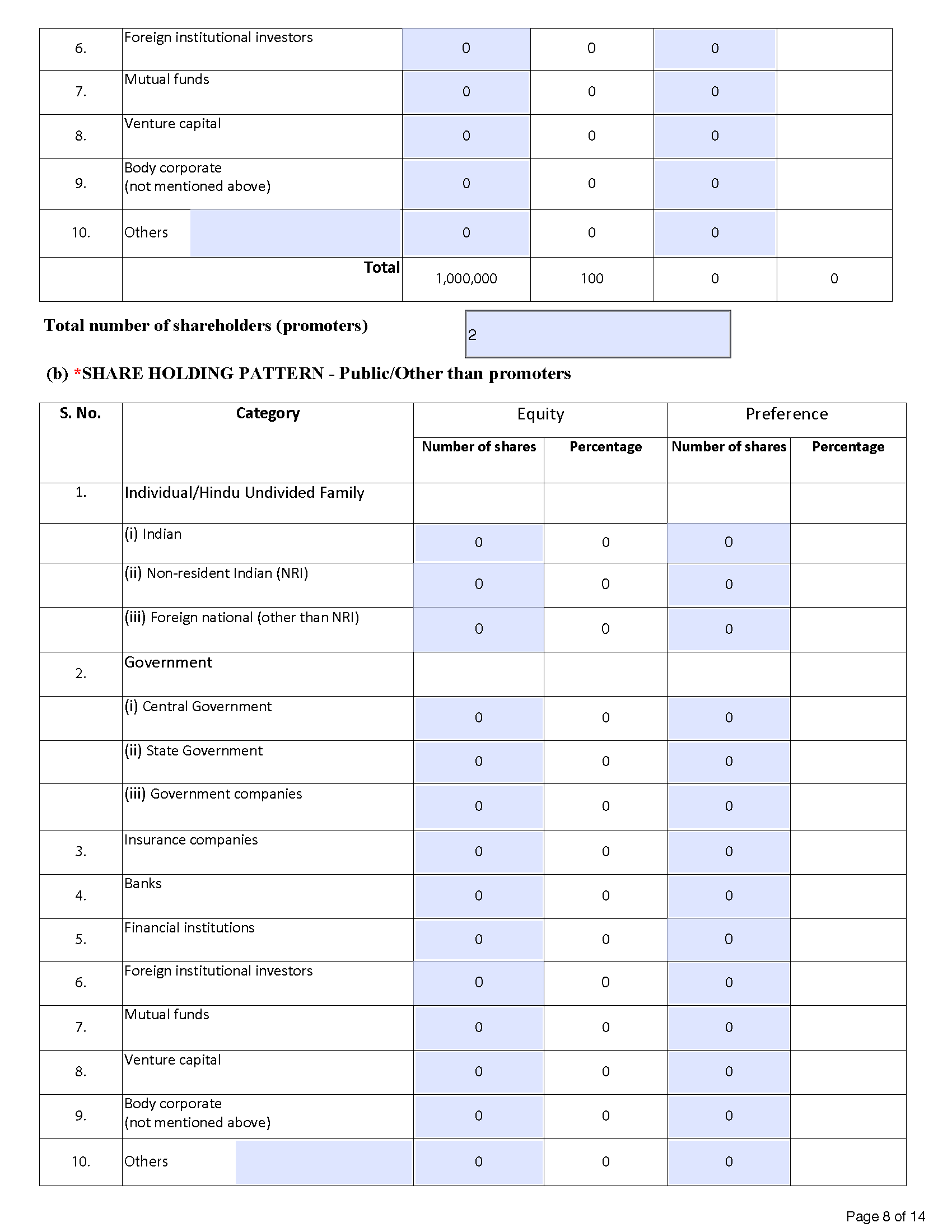
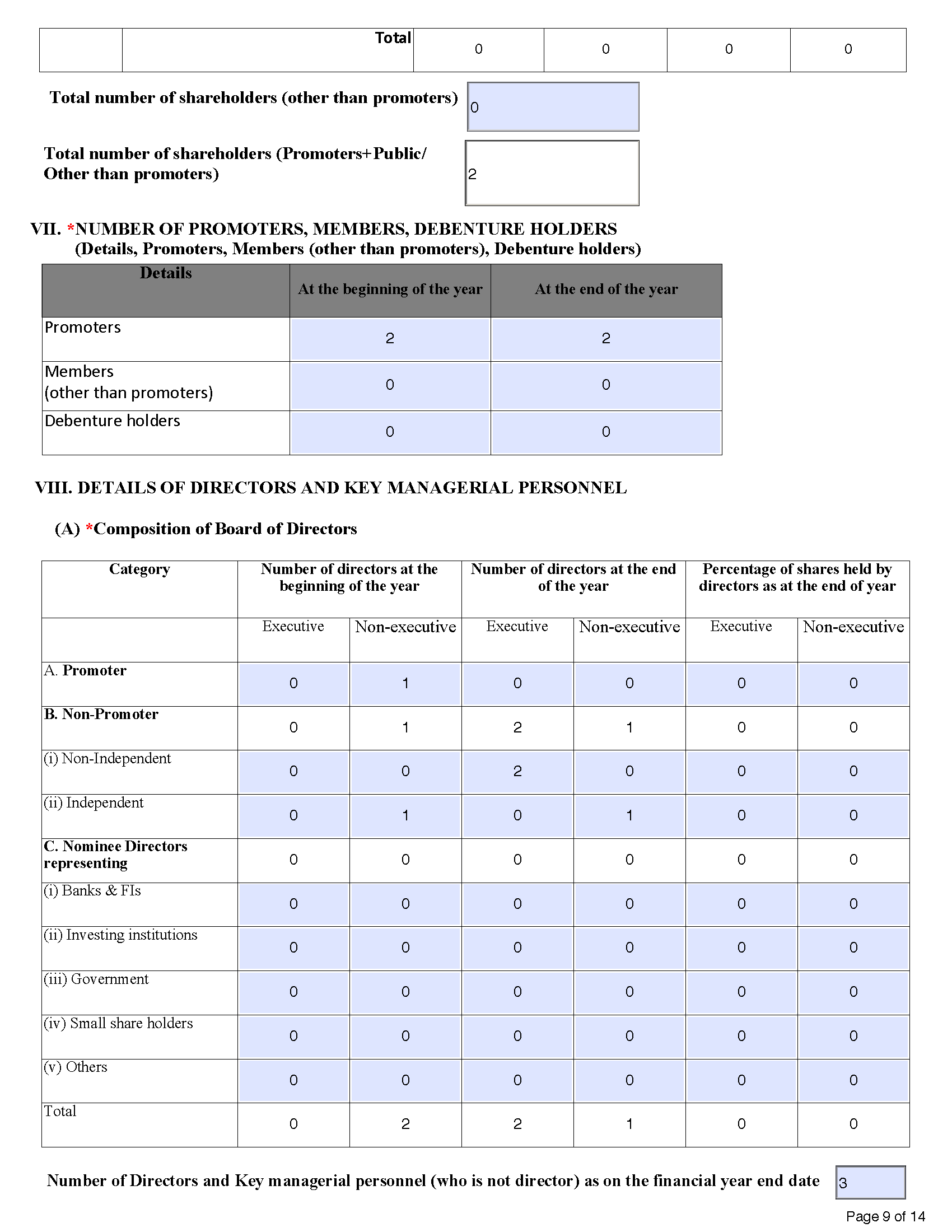

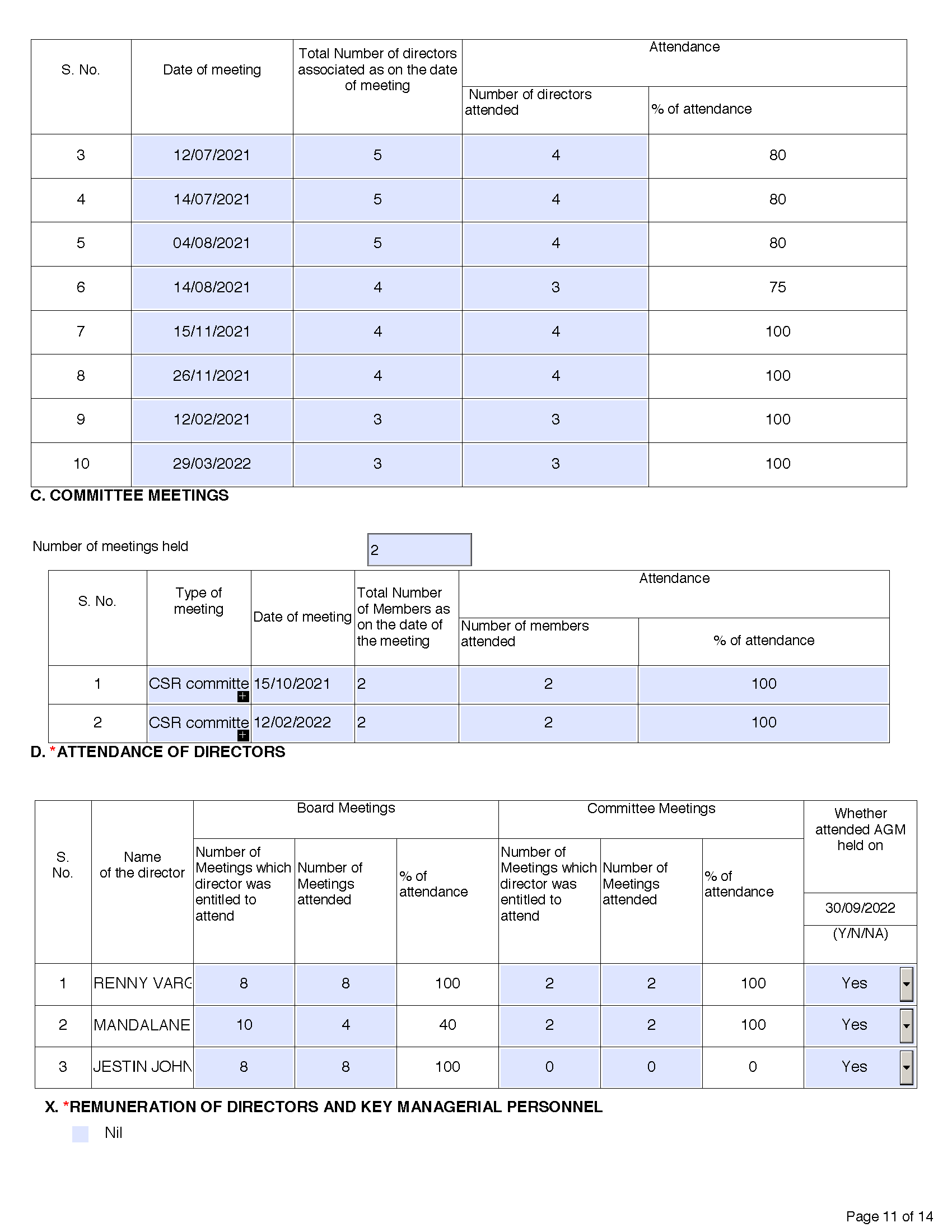


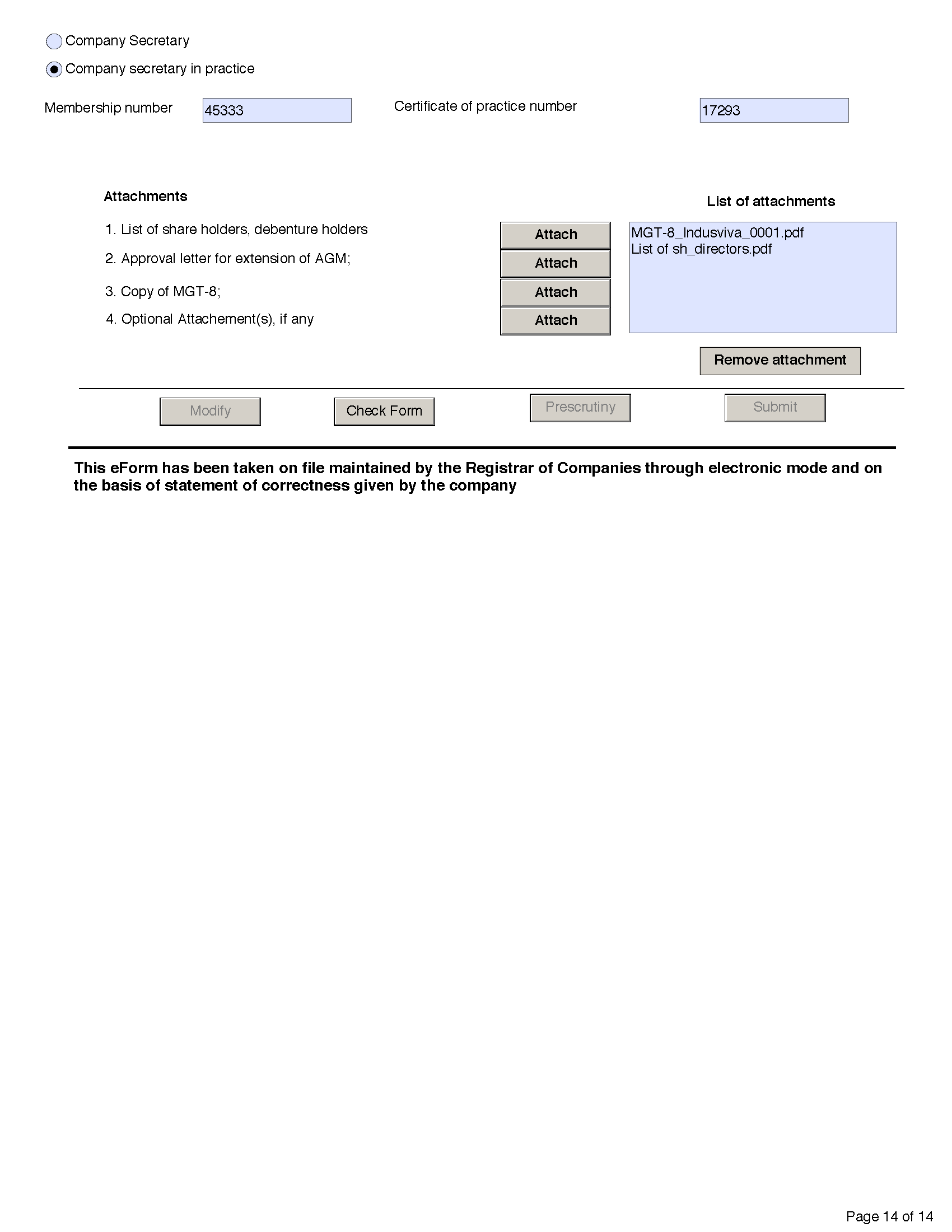
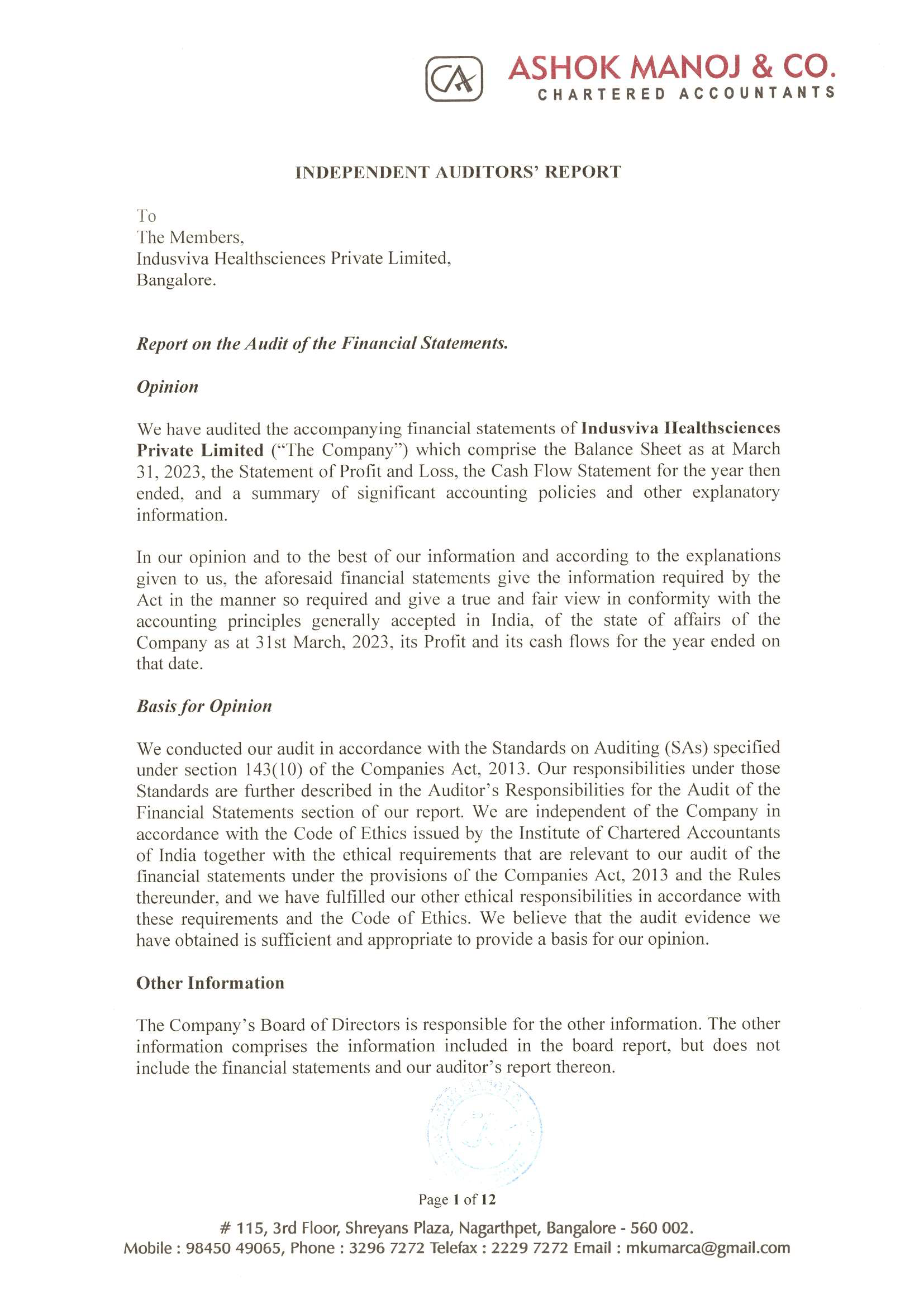
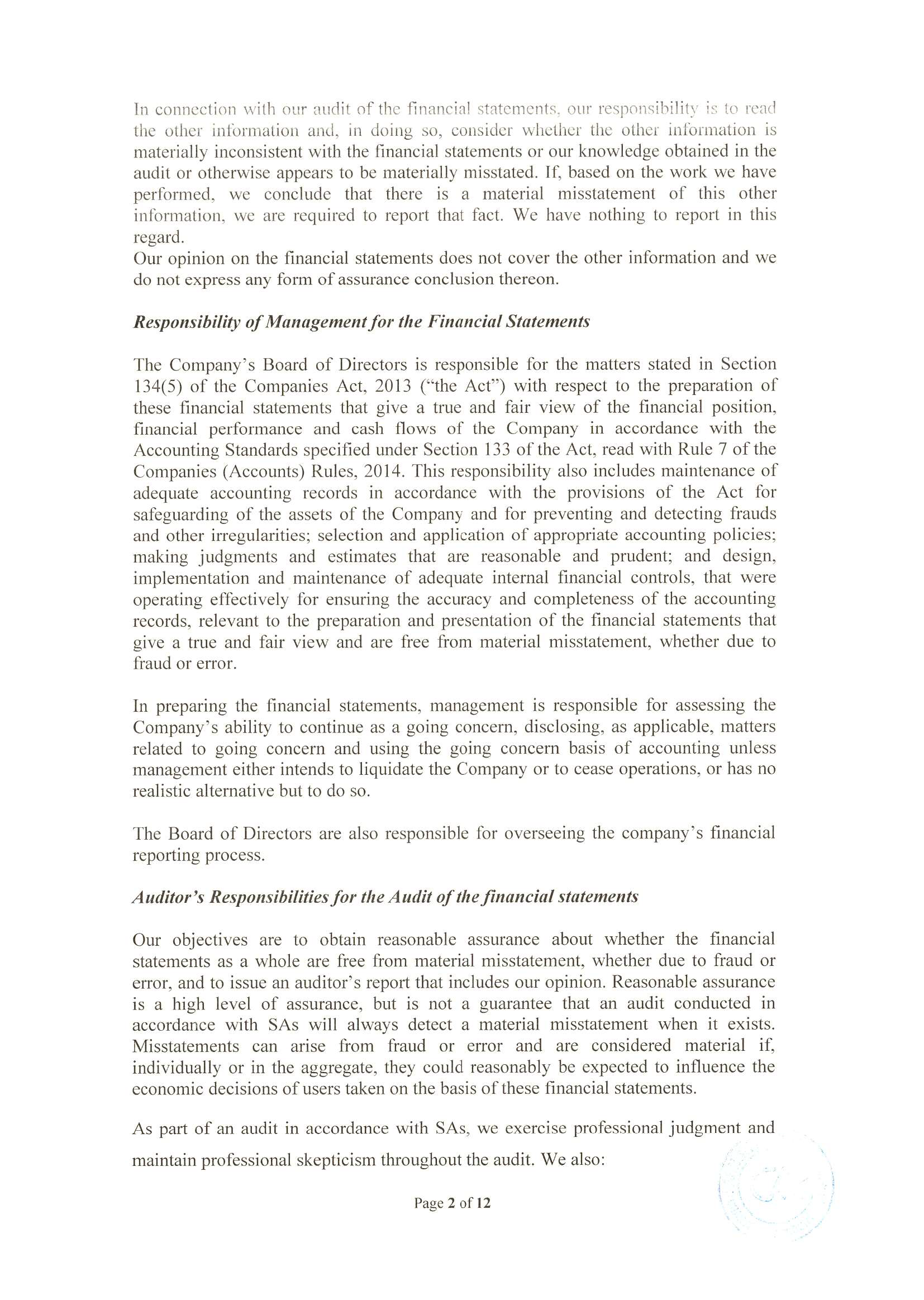
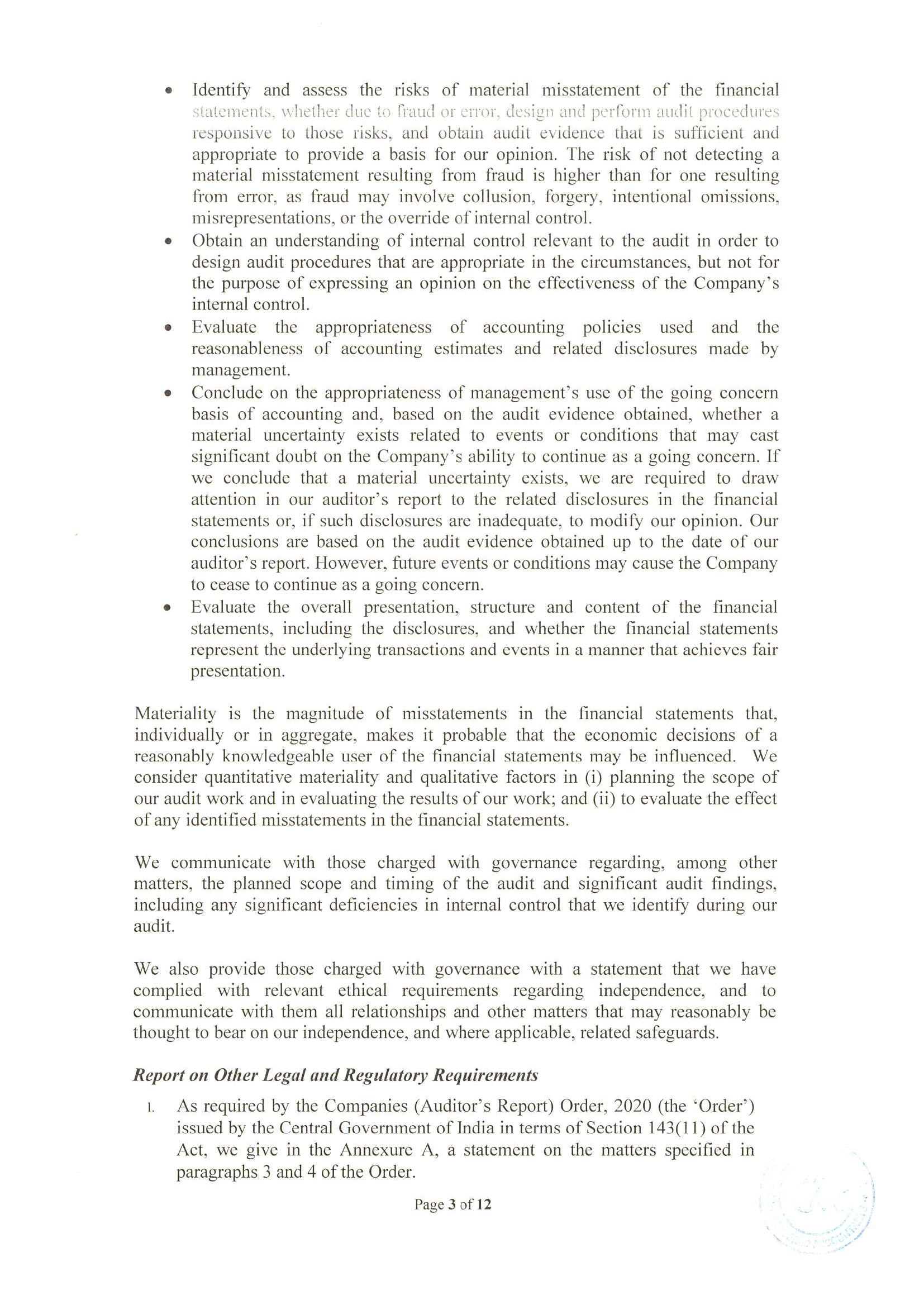

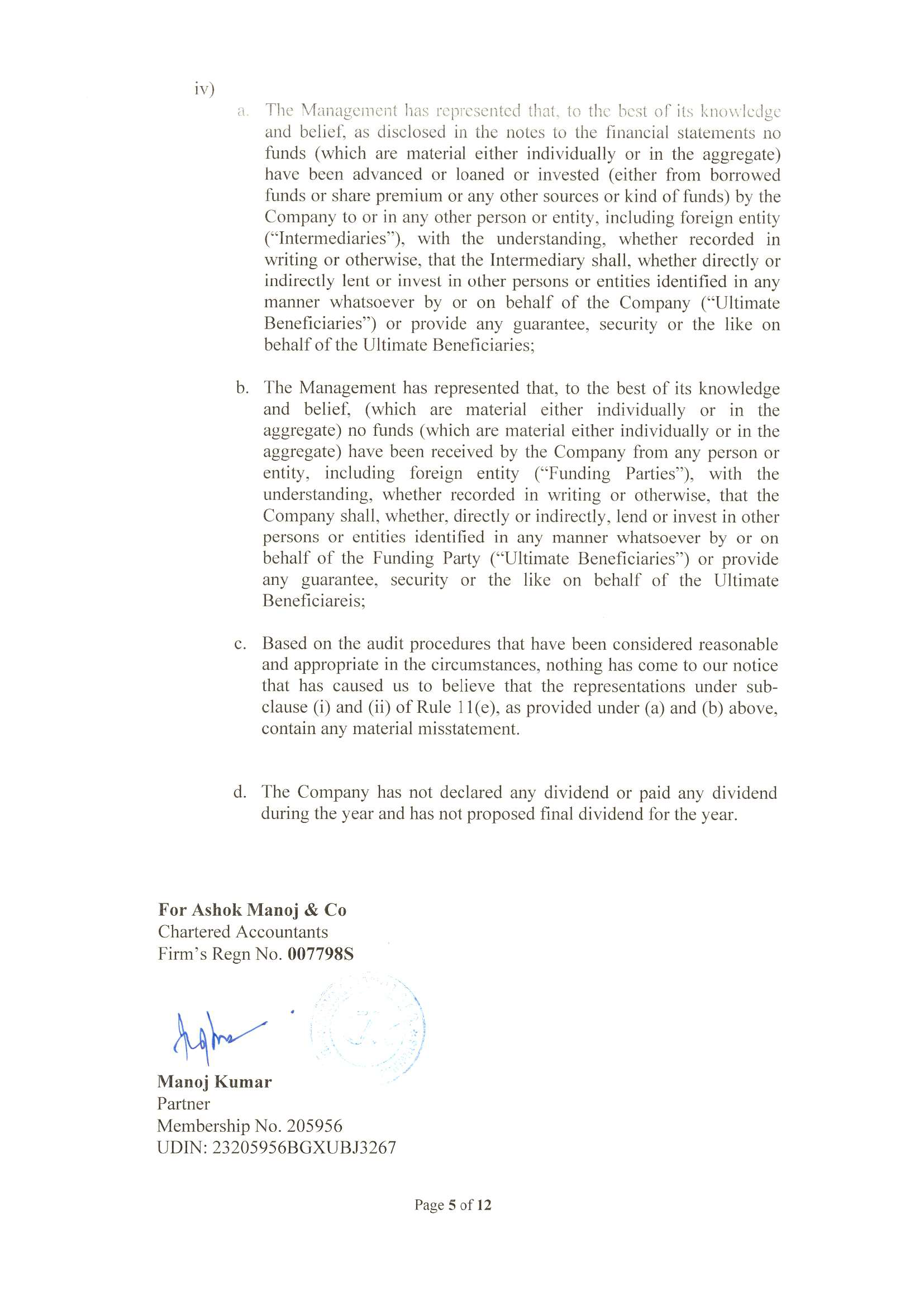




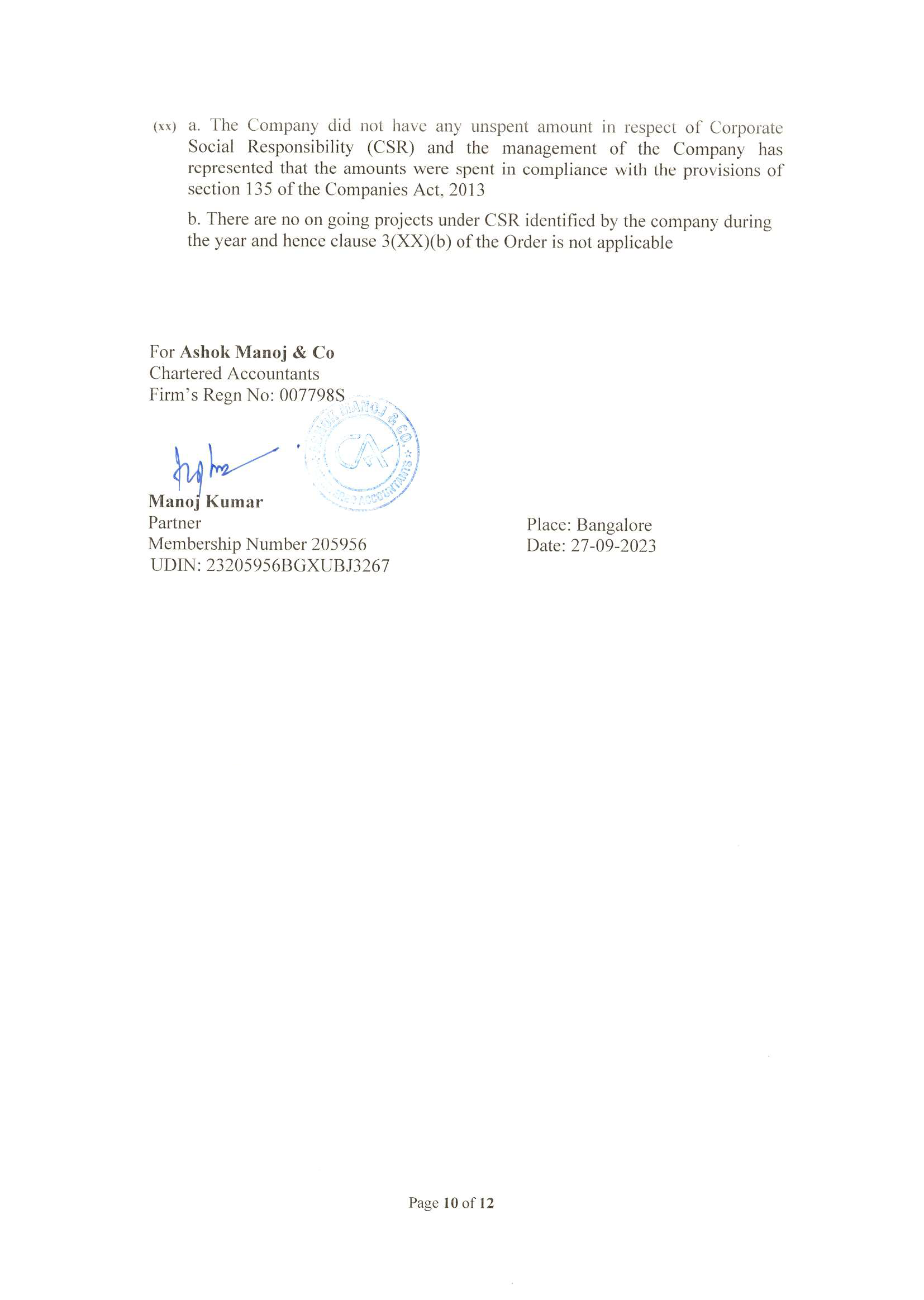
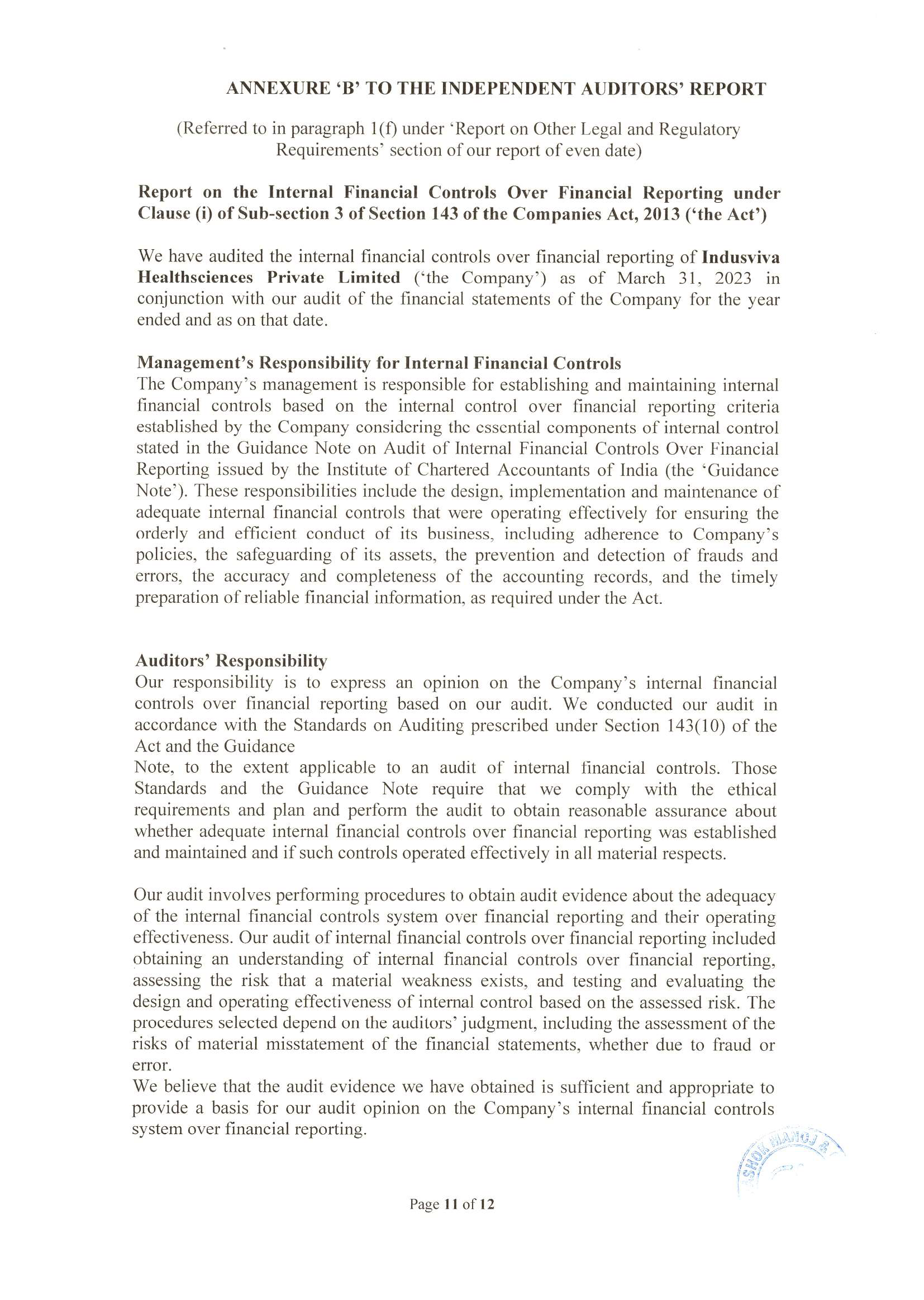



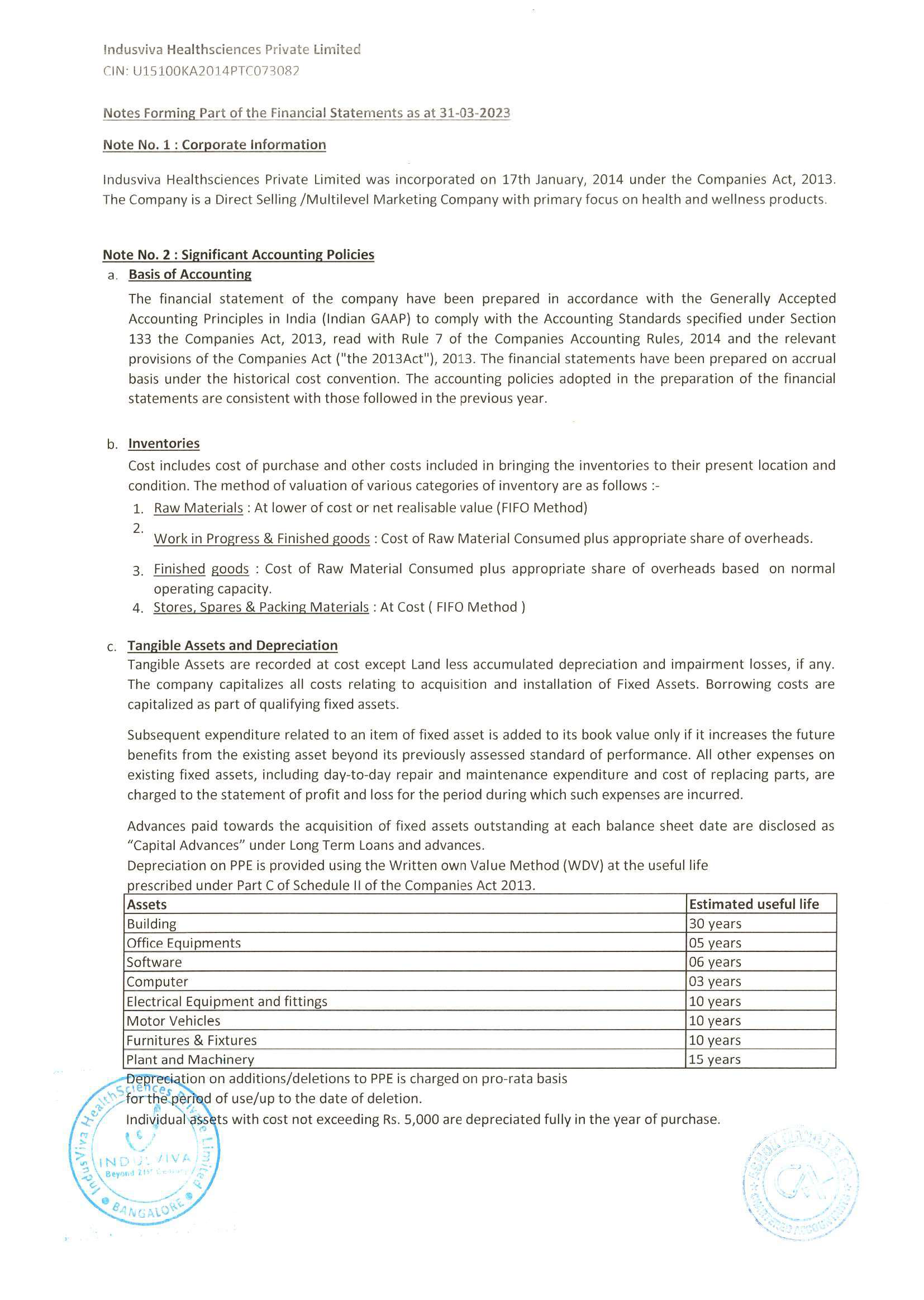
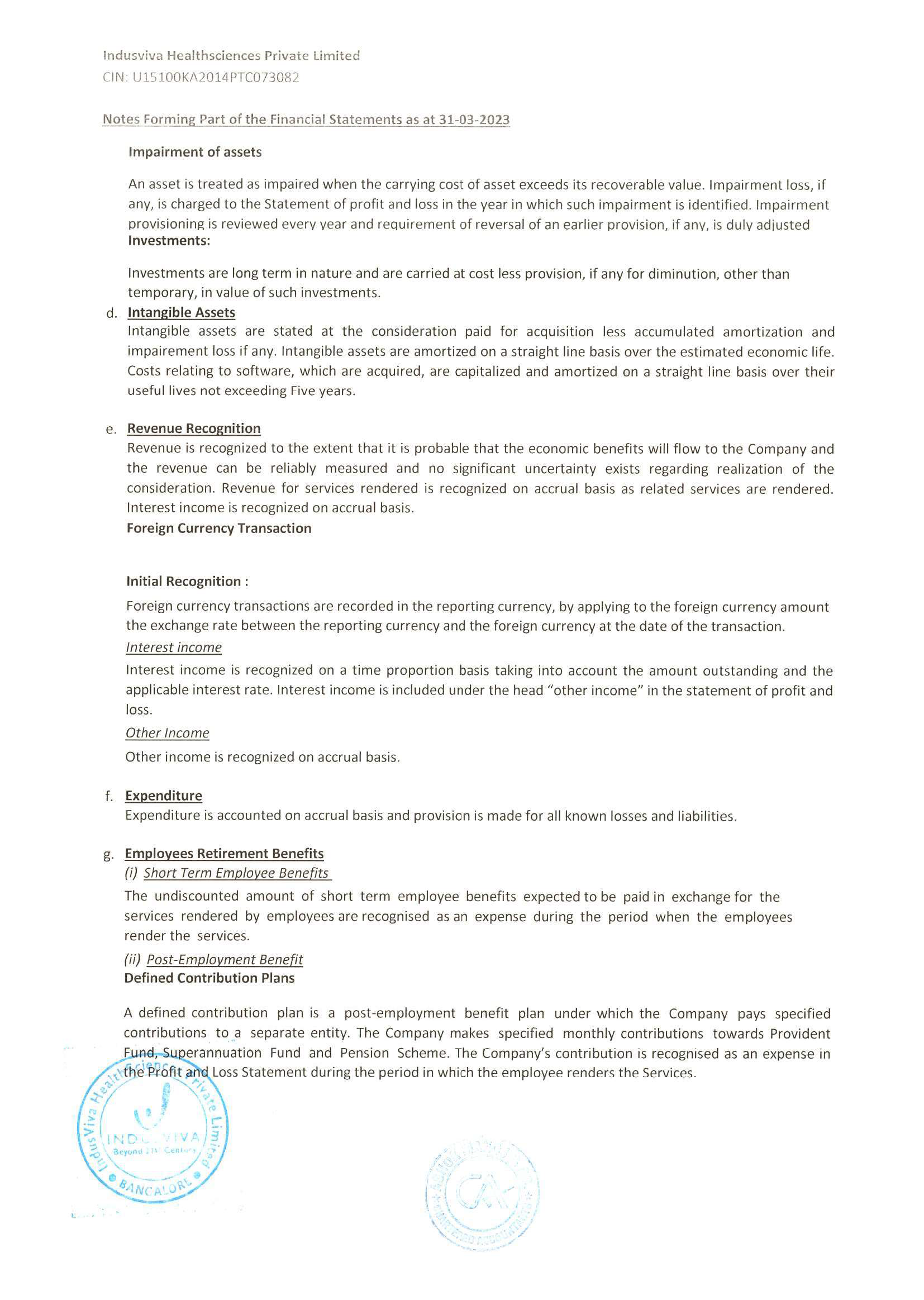
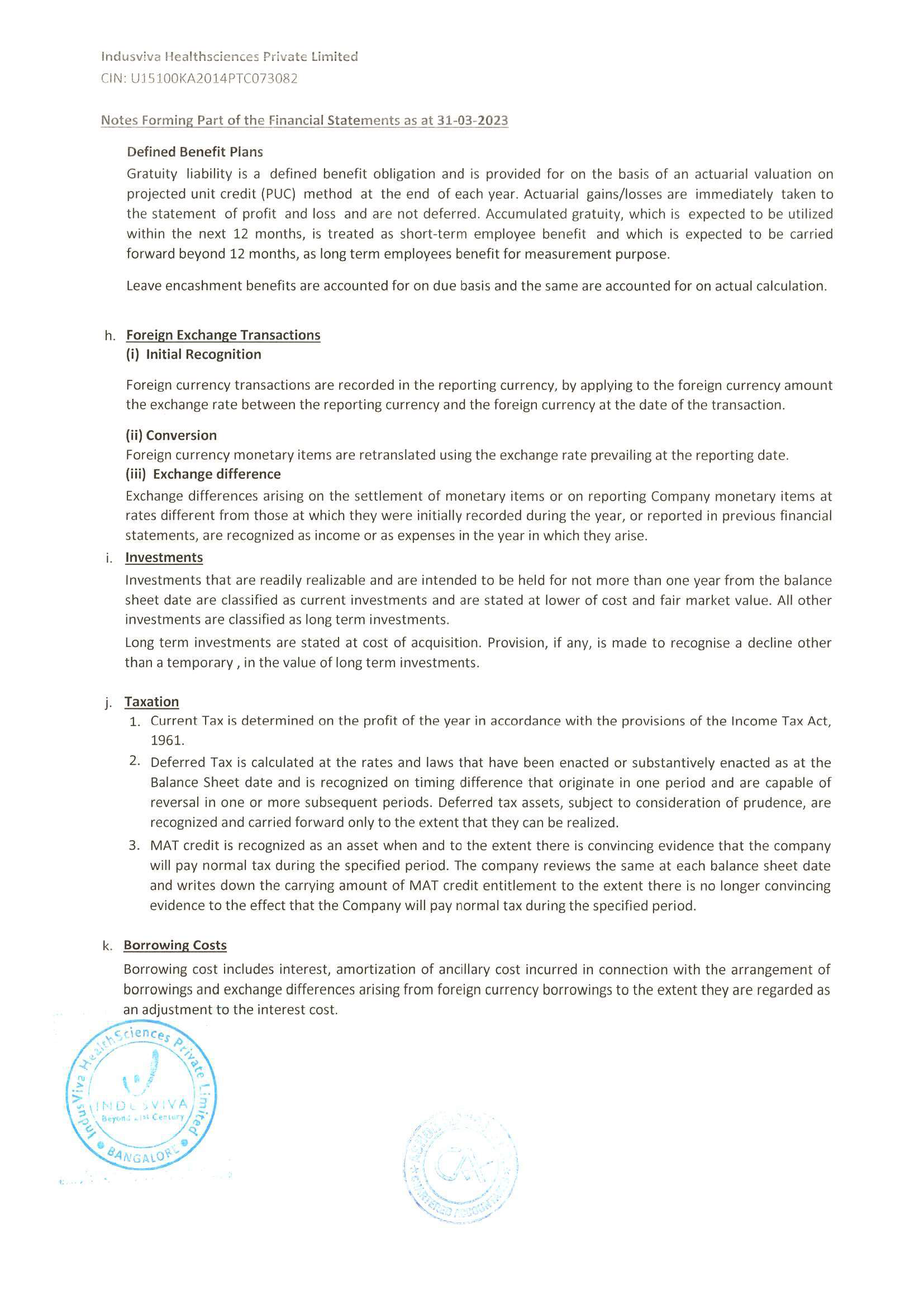
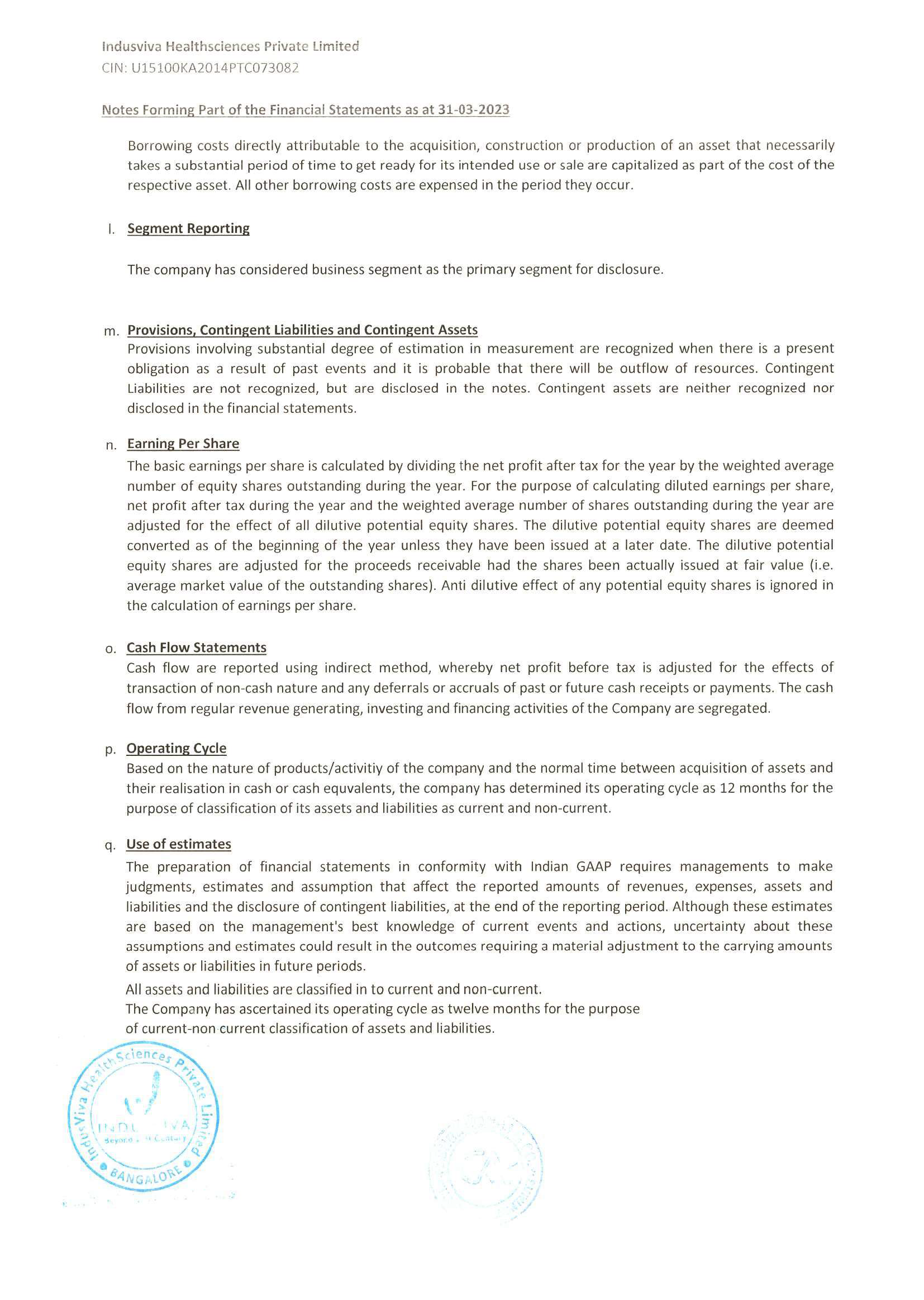
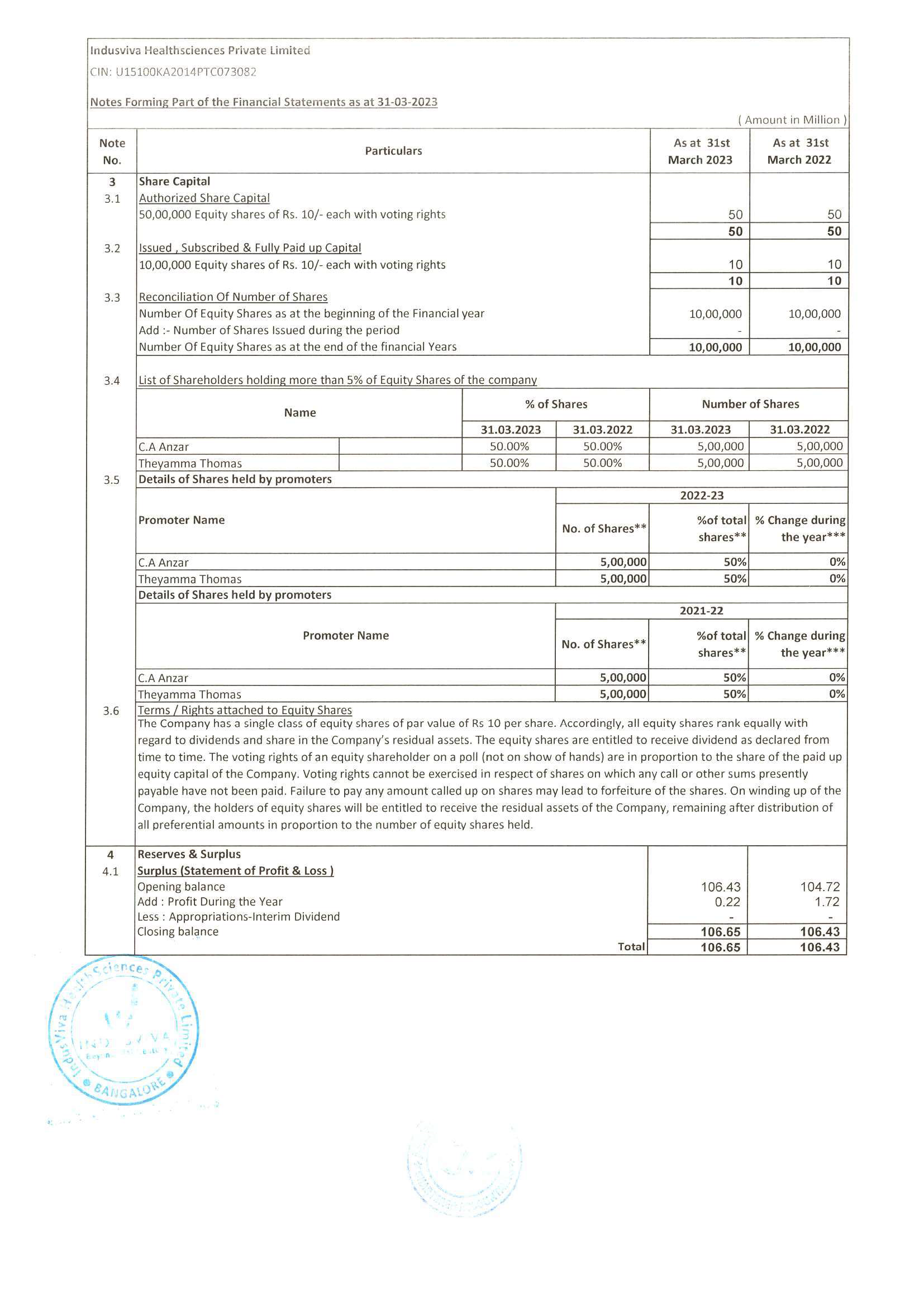
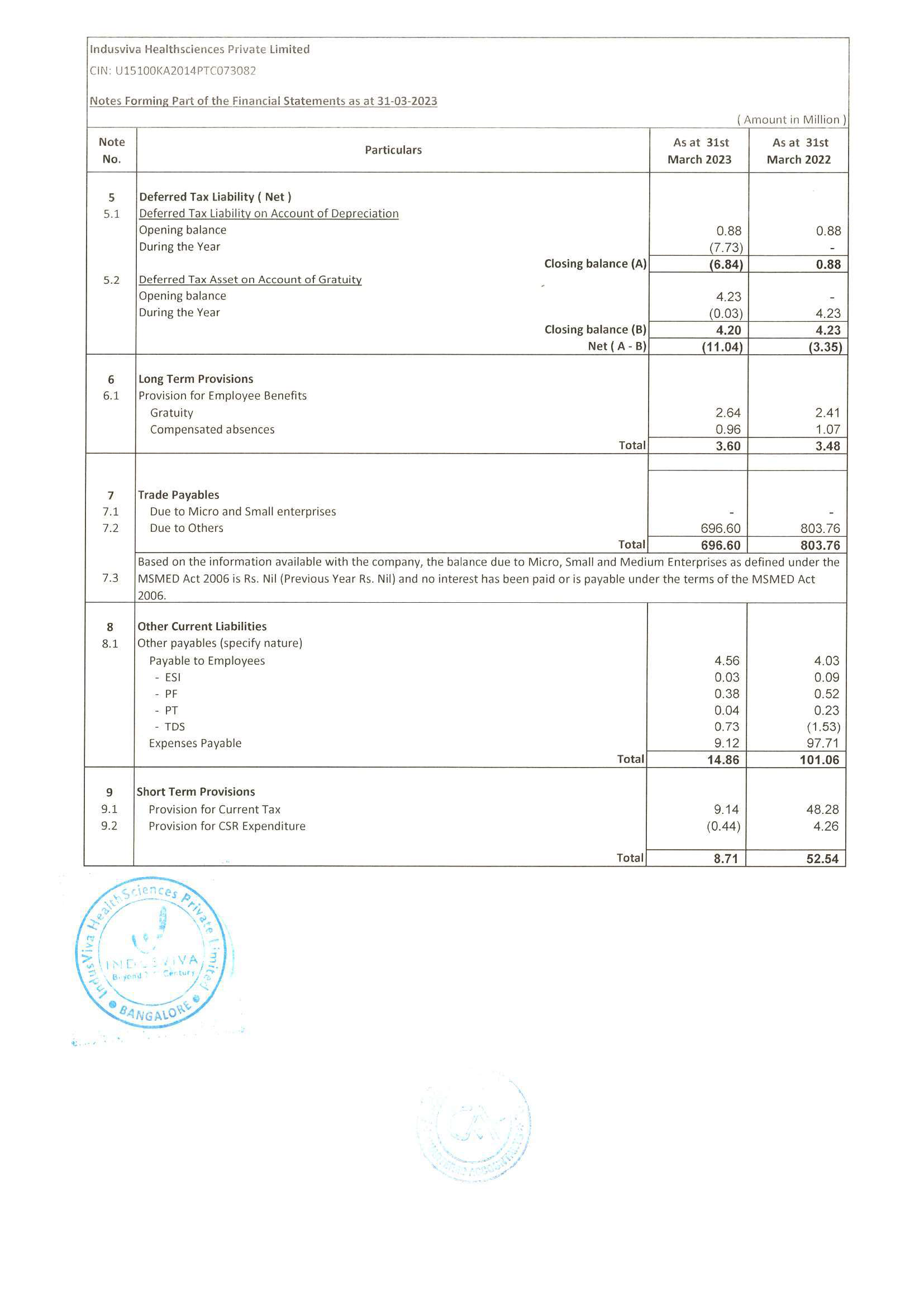
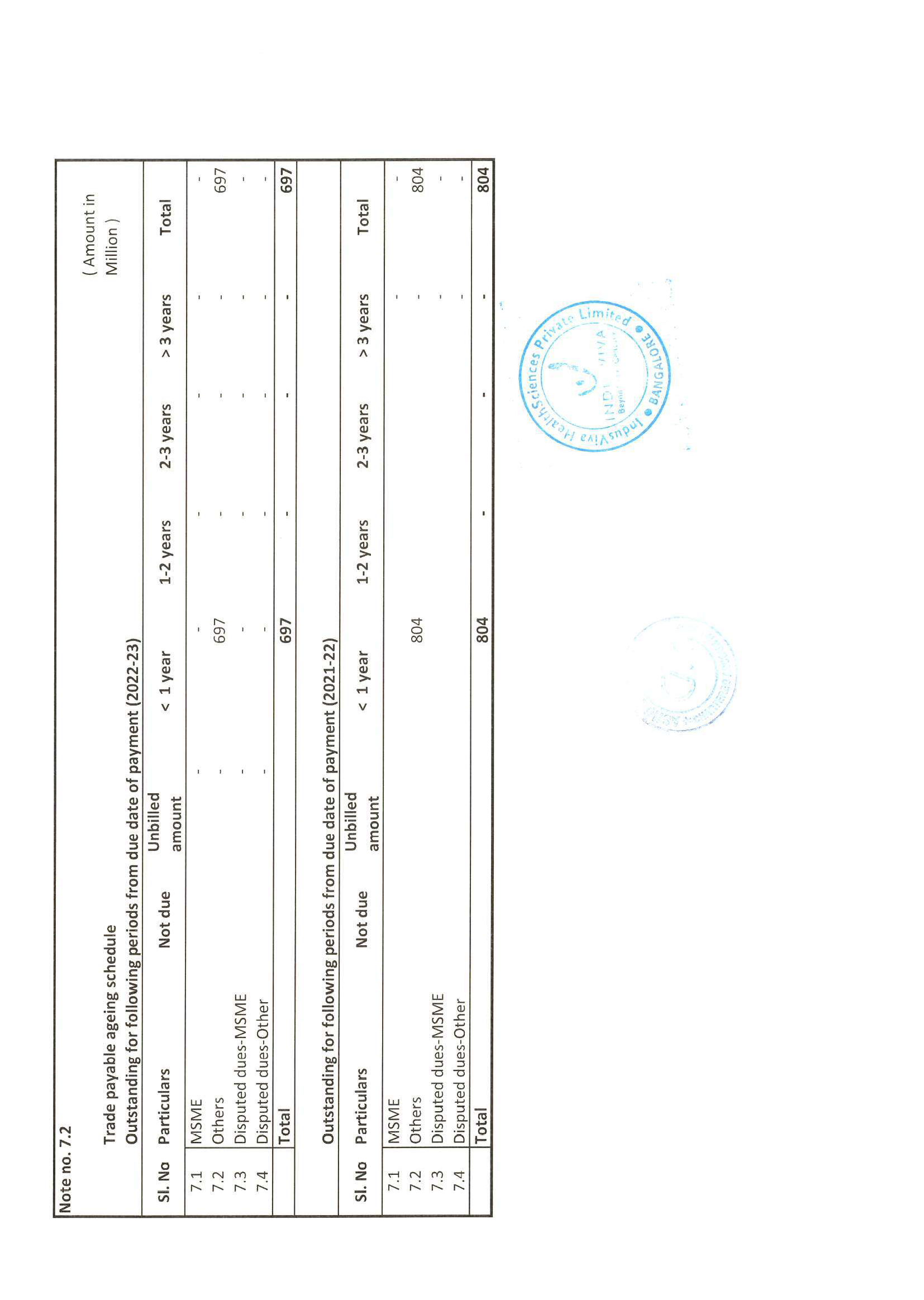
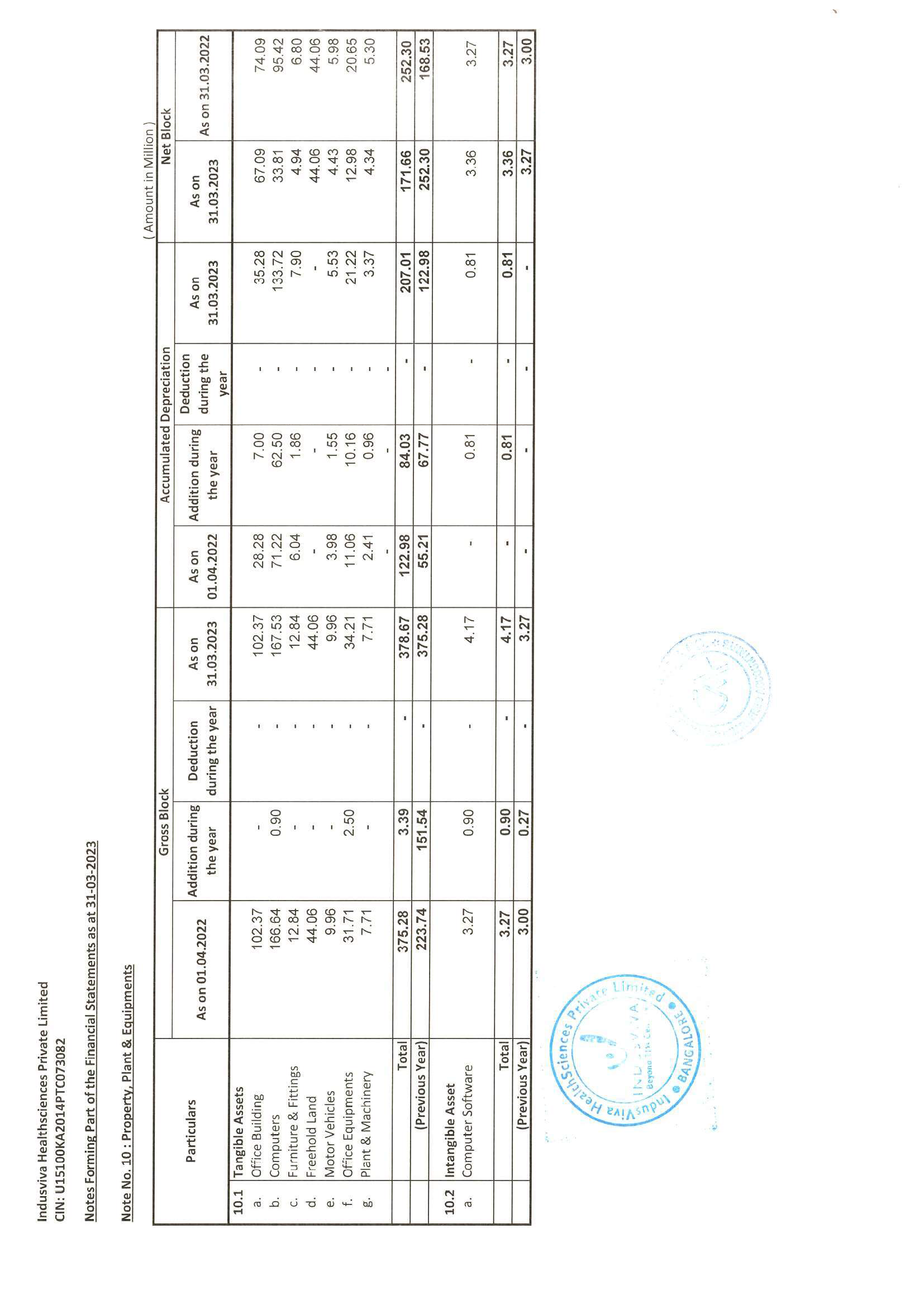
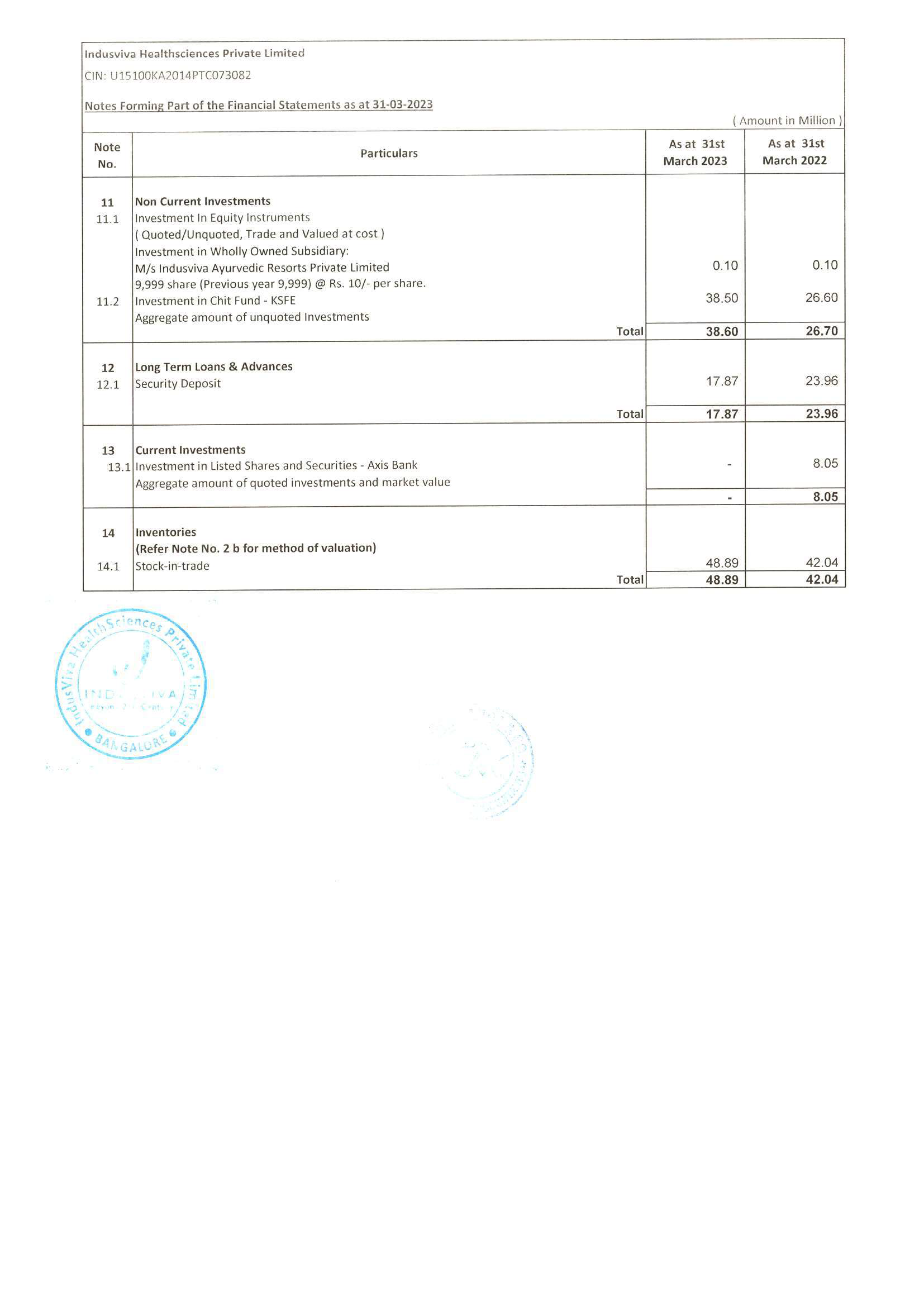
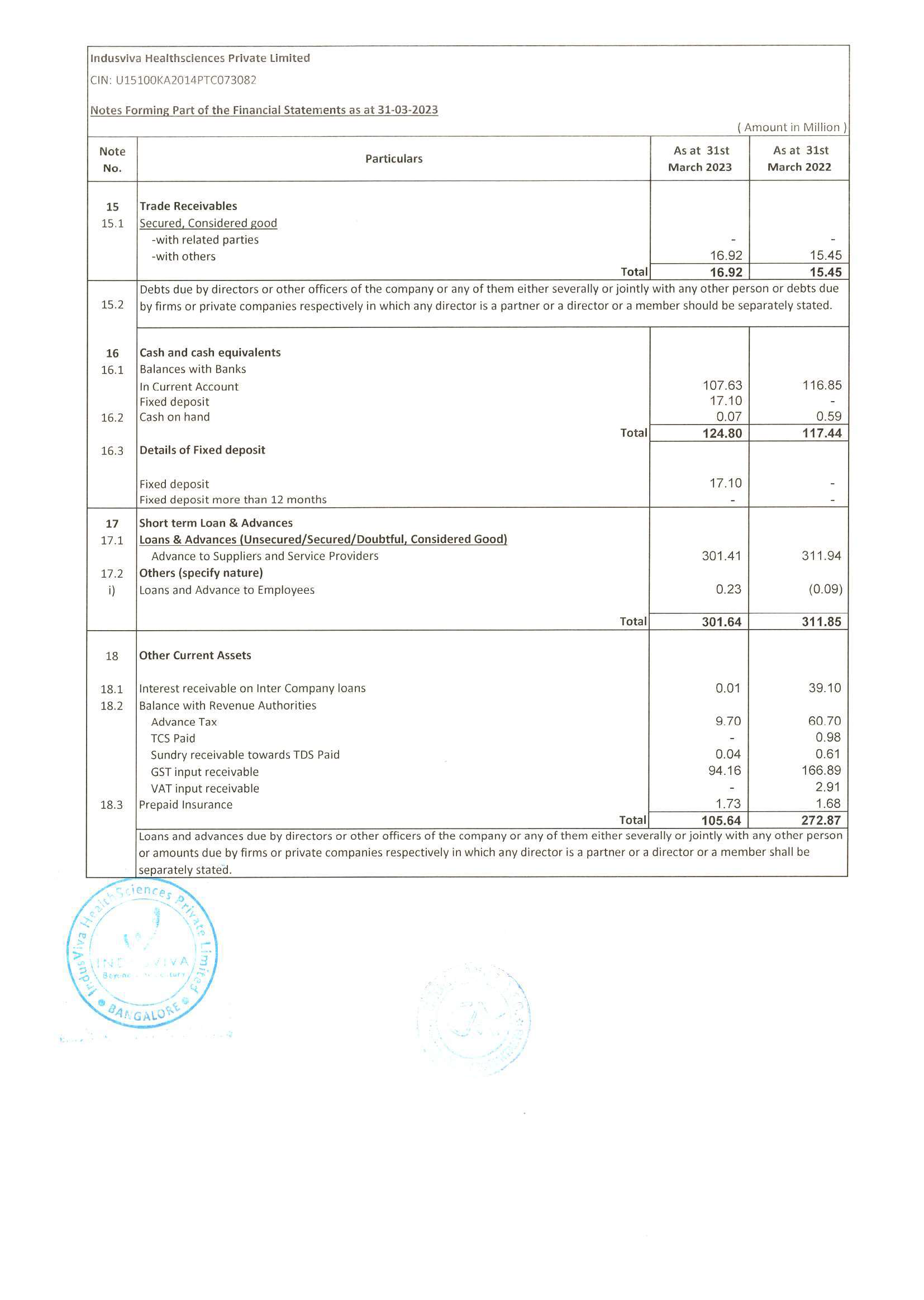


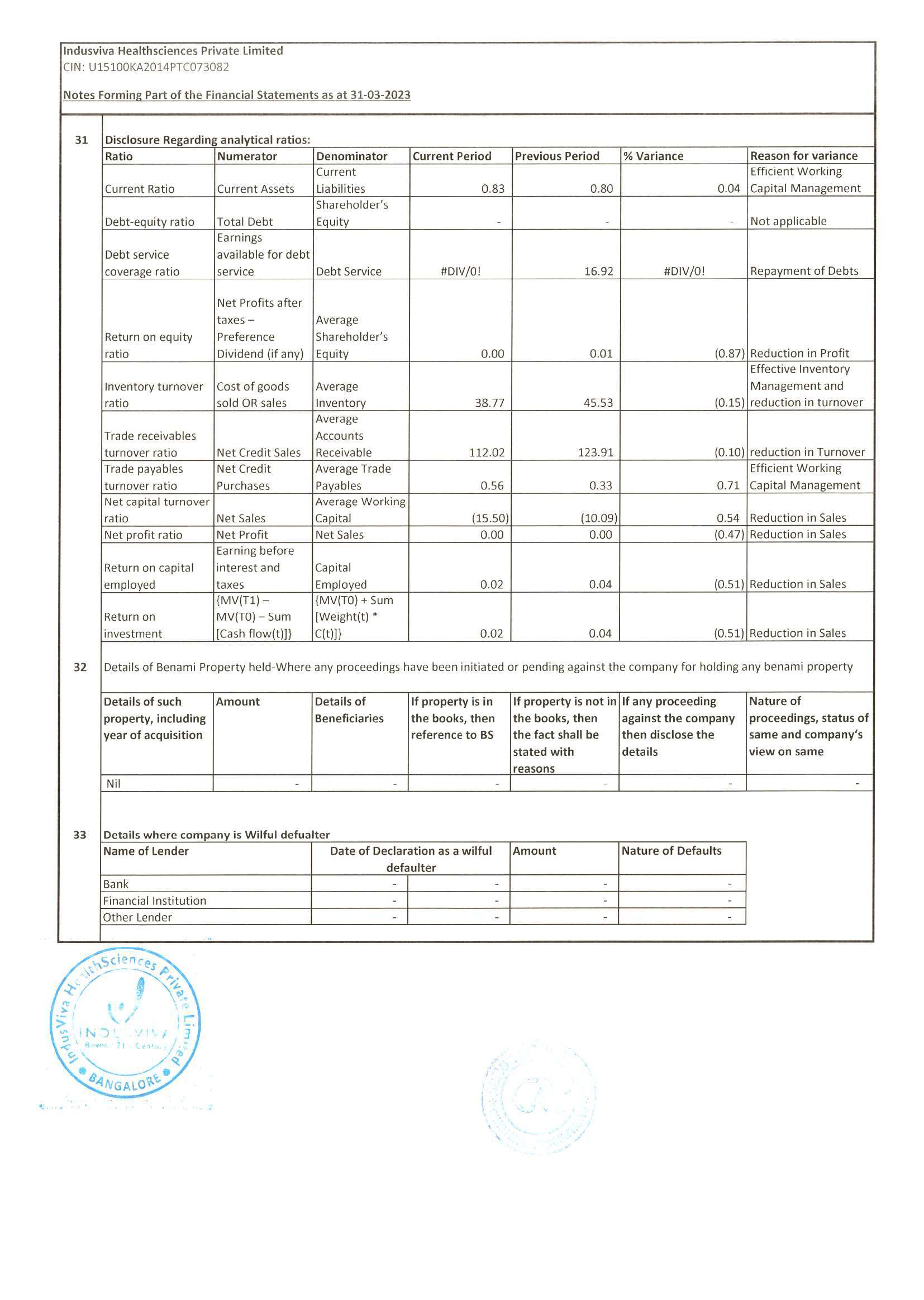
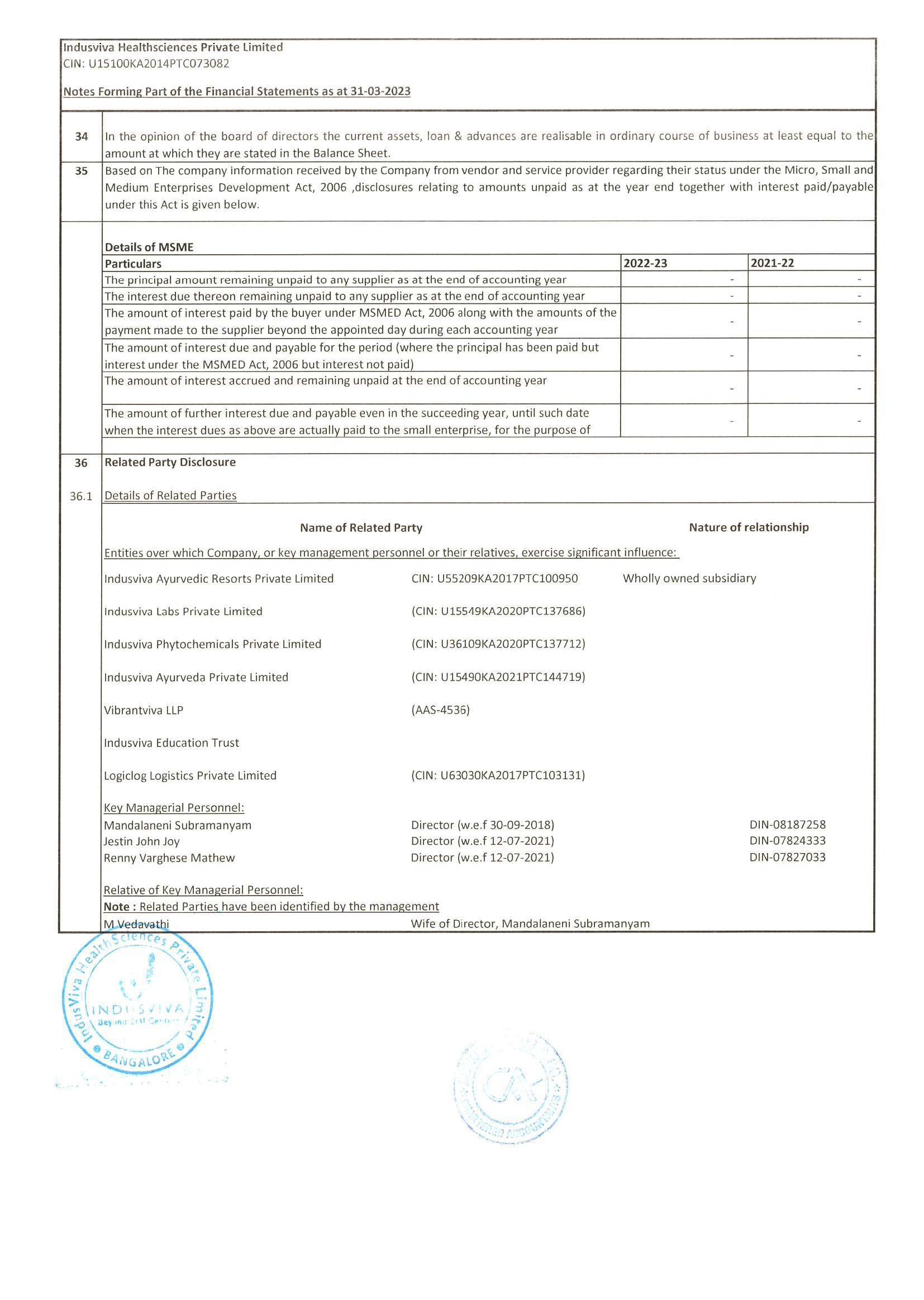
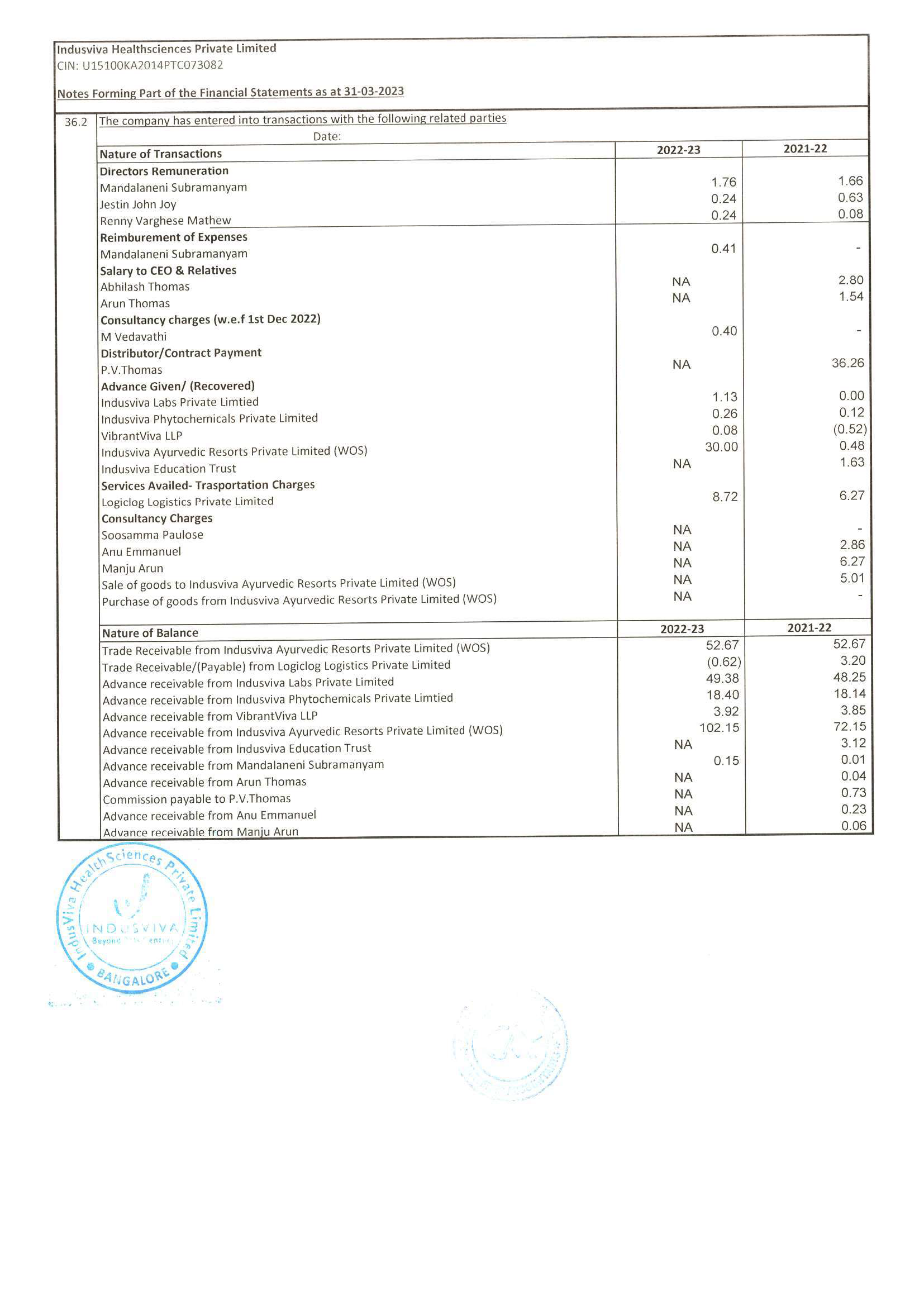


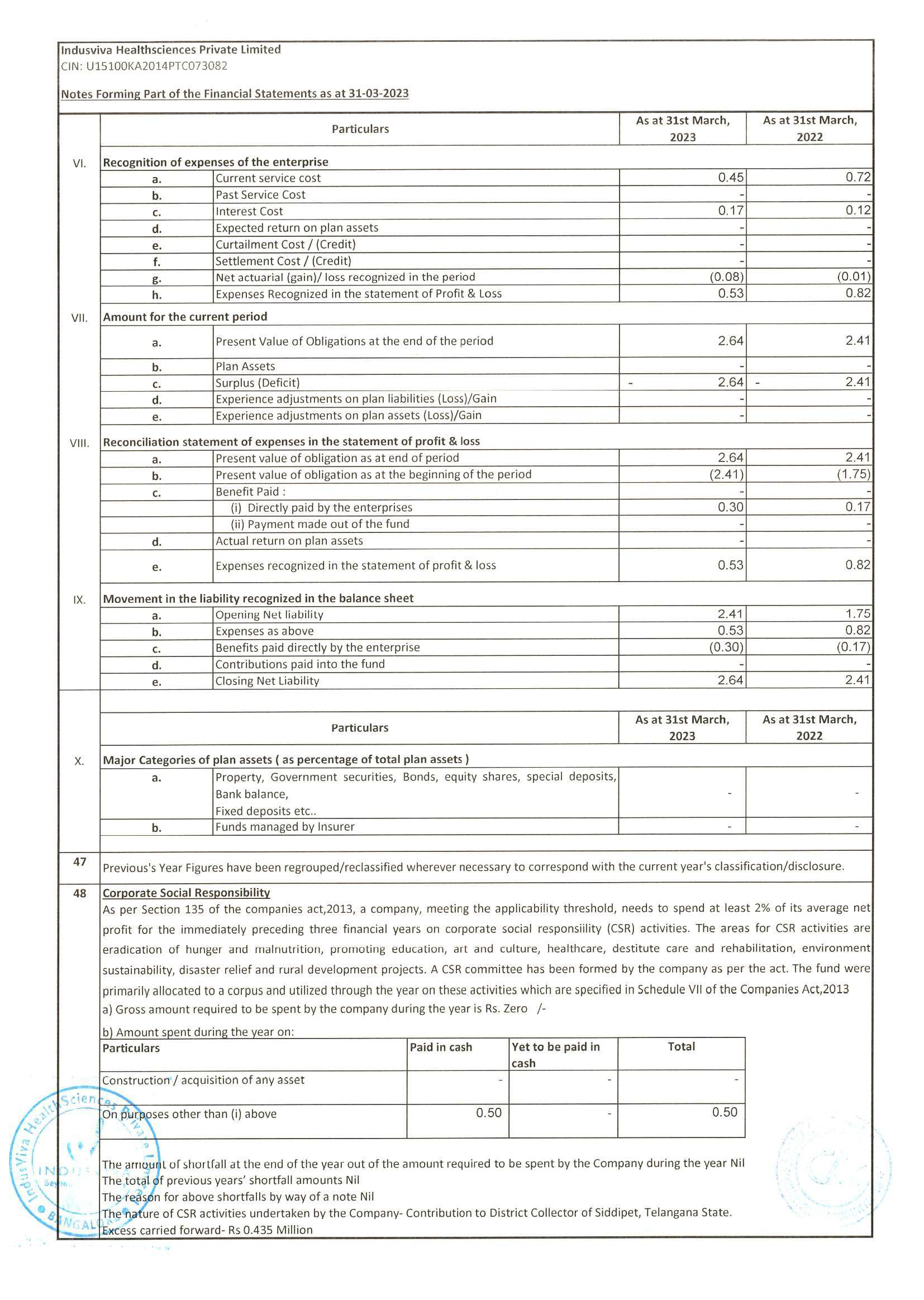
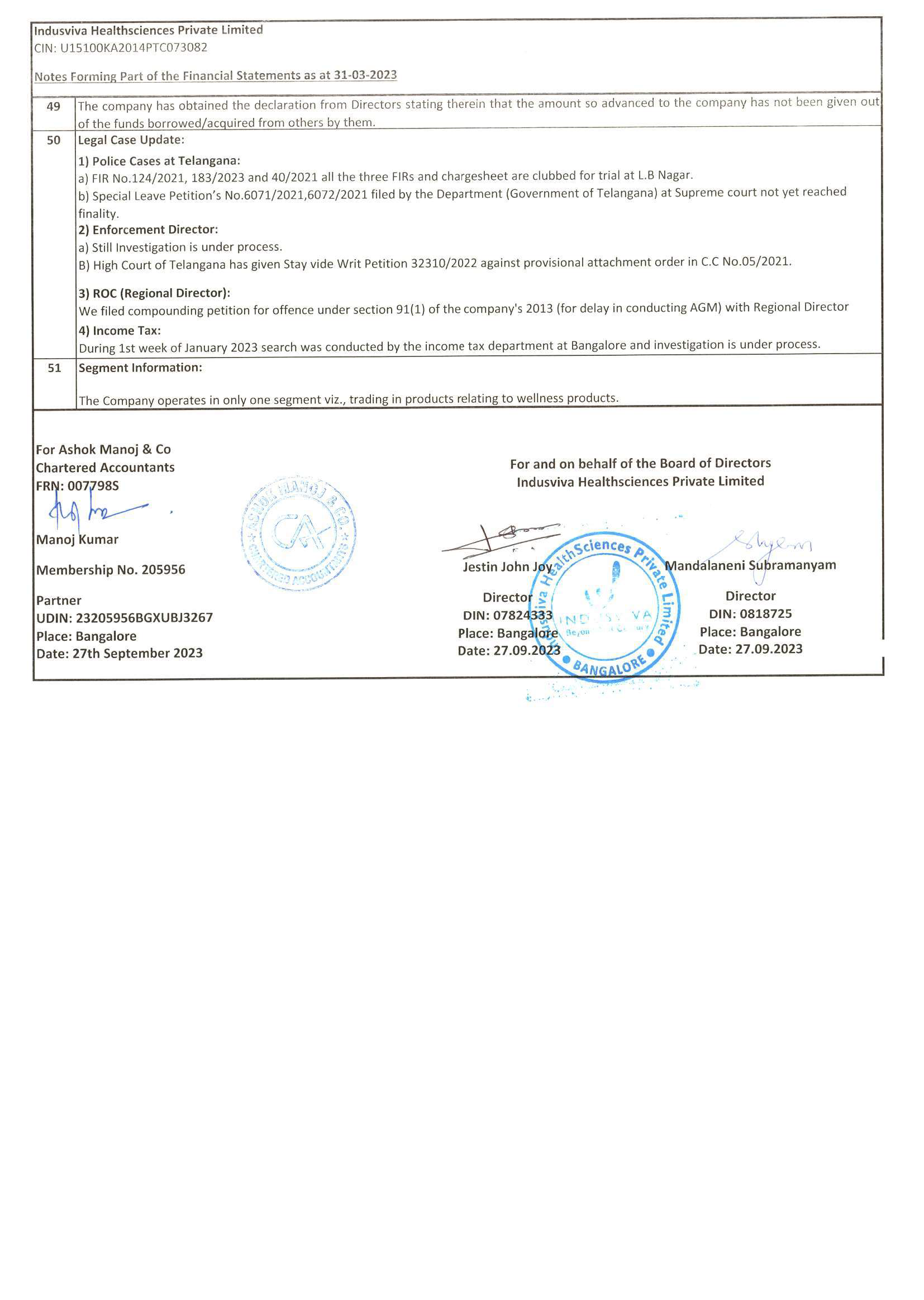
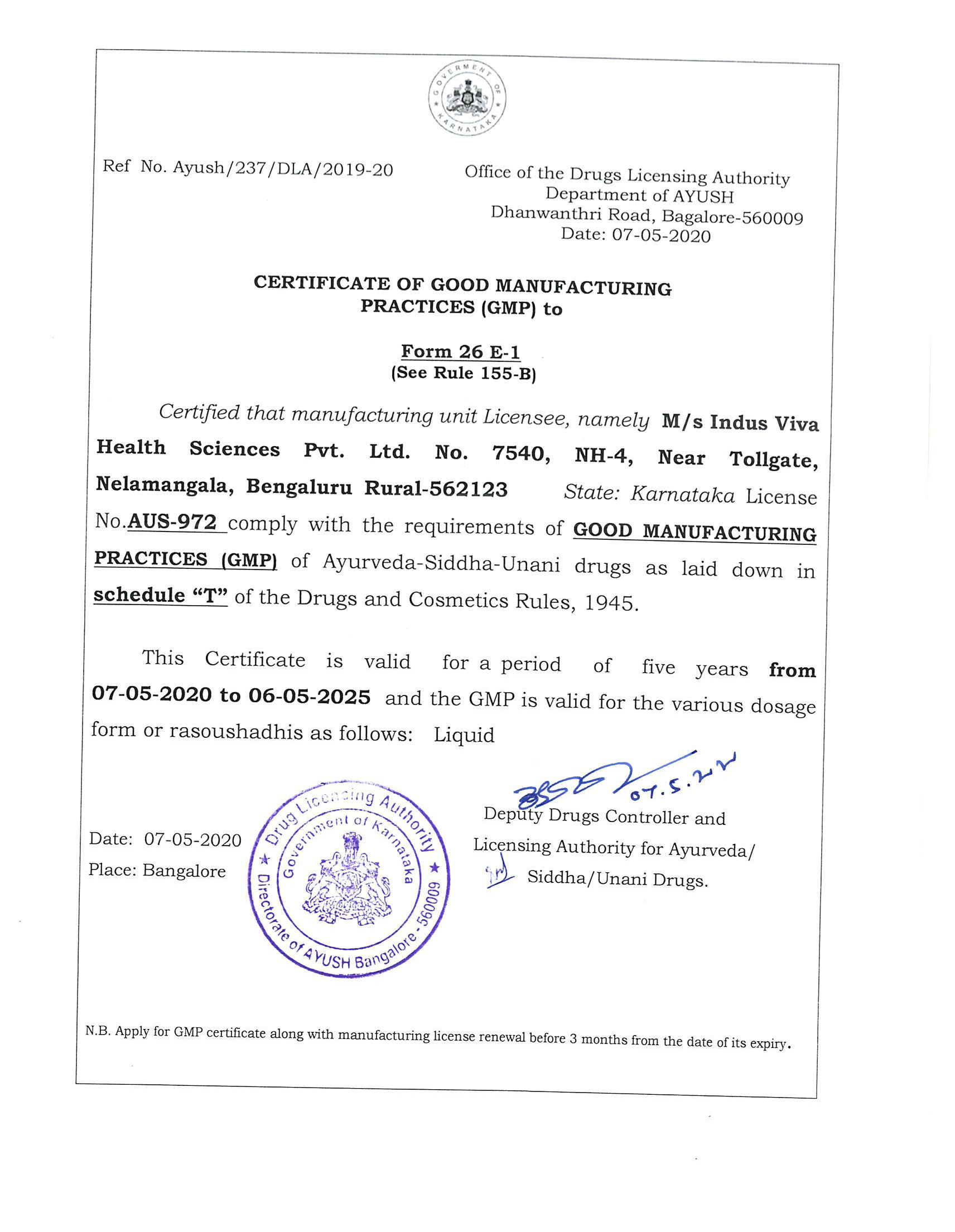
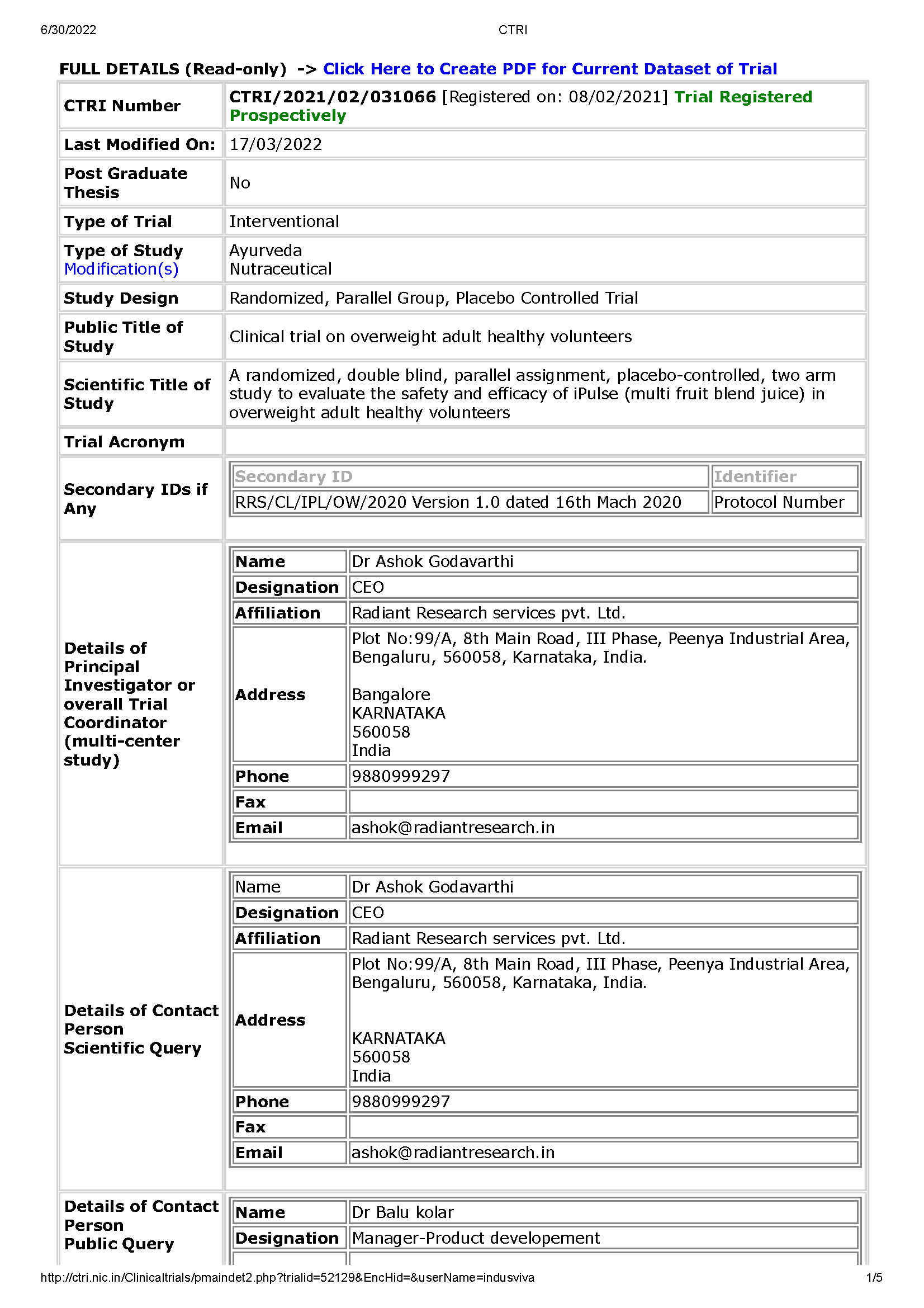
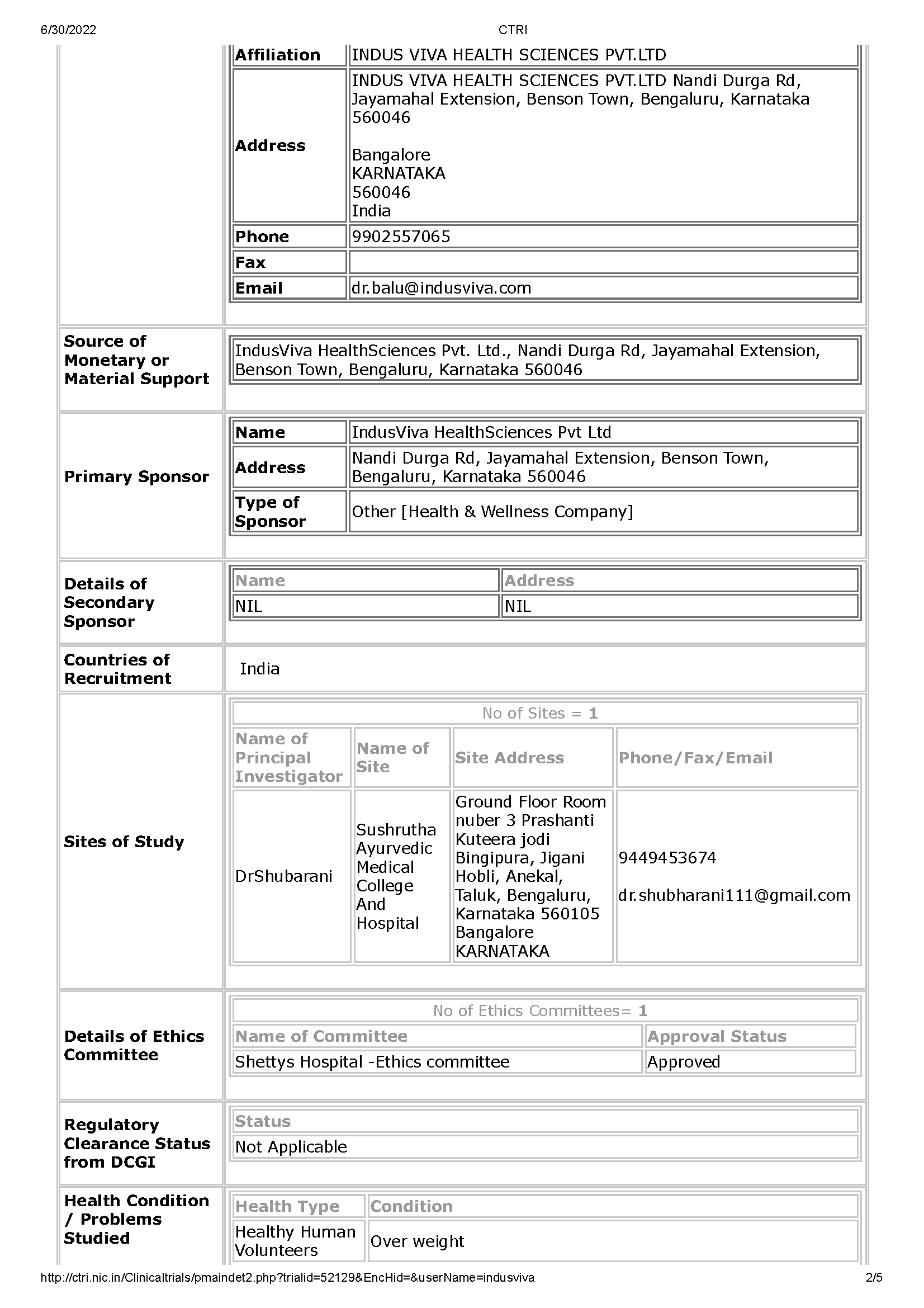
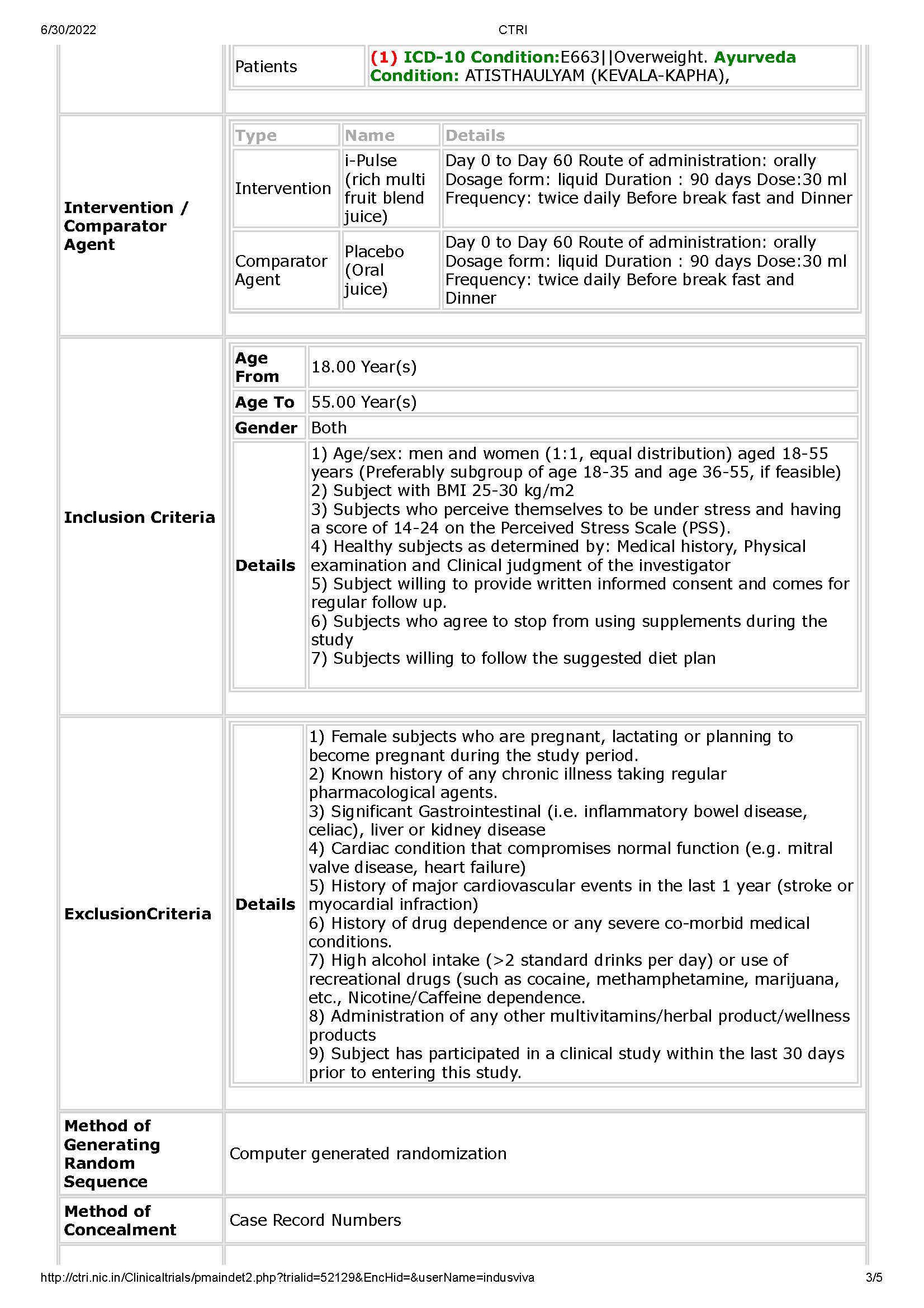
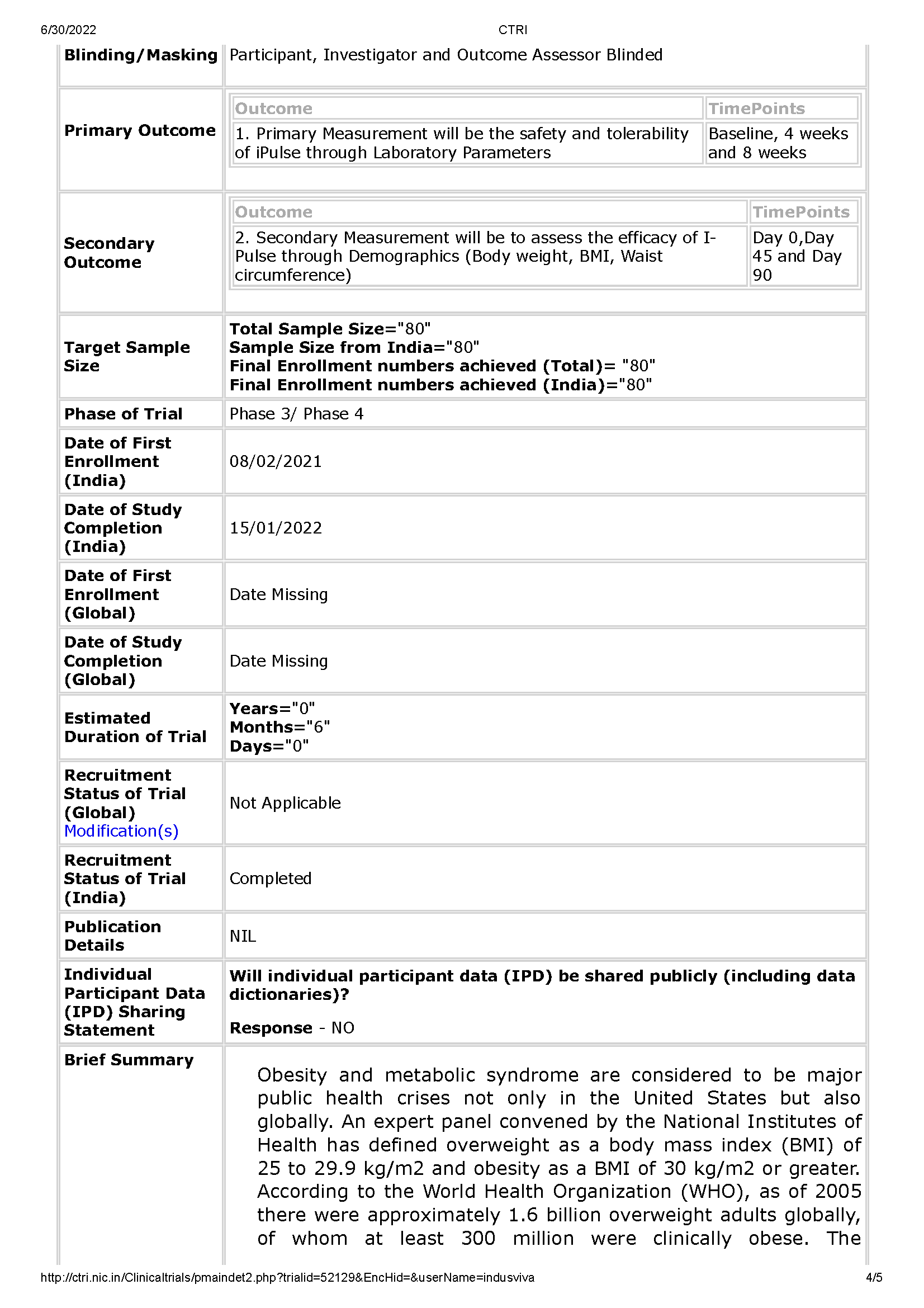

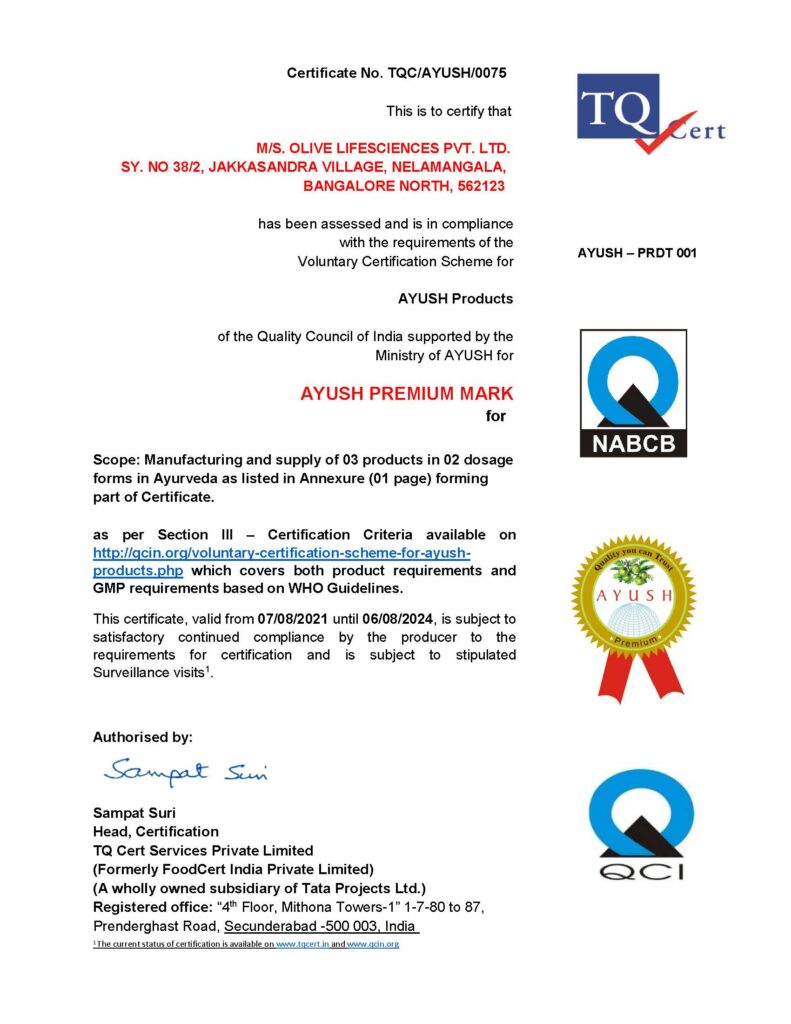

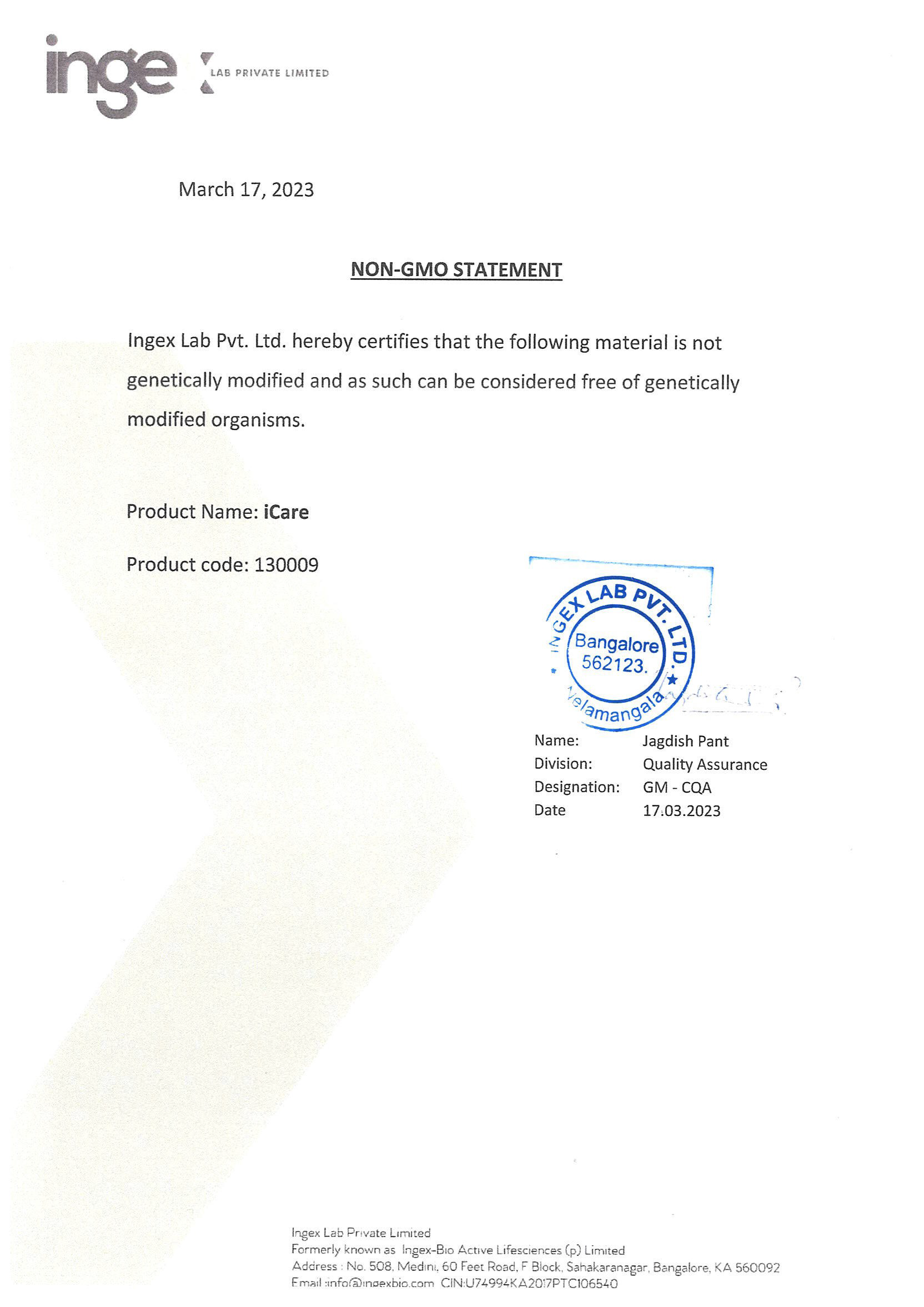
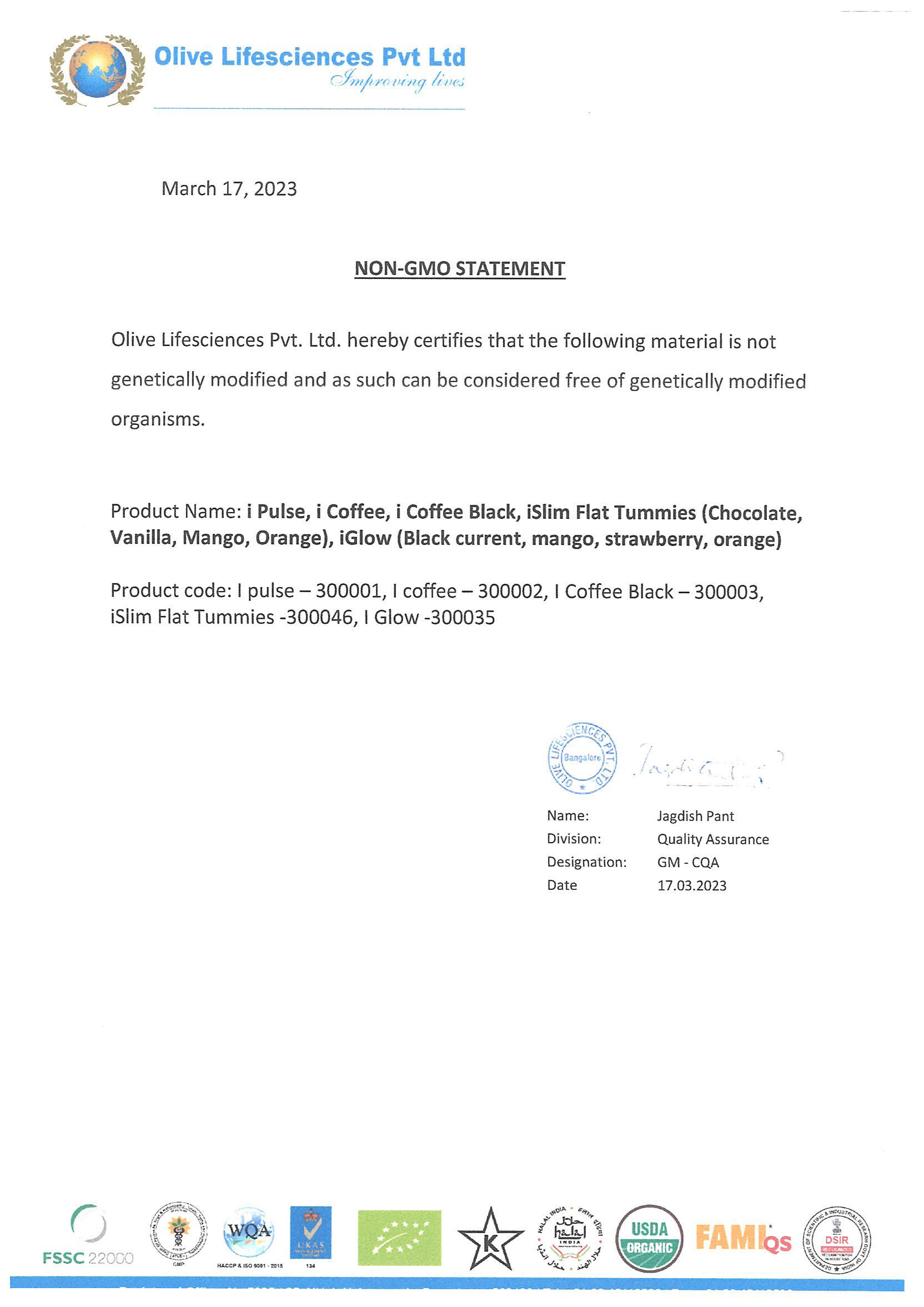
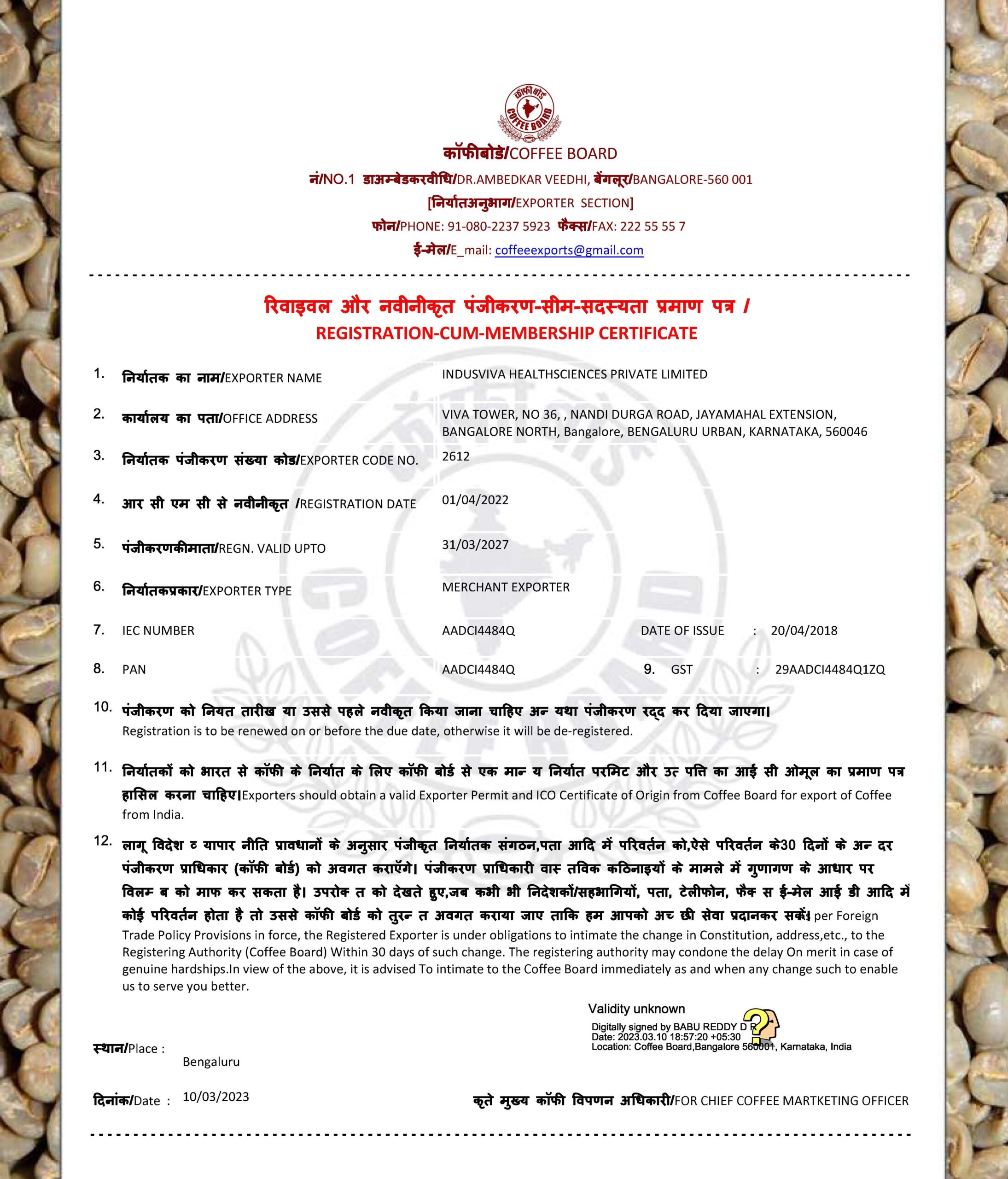

Comments (2)
Vivek vandra
Please IndusVIVA great company
Please lounge tablet Amala product
Can afford price
Customer give benfited + retile benfited
Ramesh Kumar Thenmozhi
ICARE A Cure for all Women Needs
Real Care